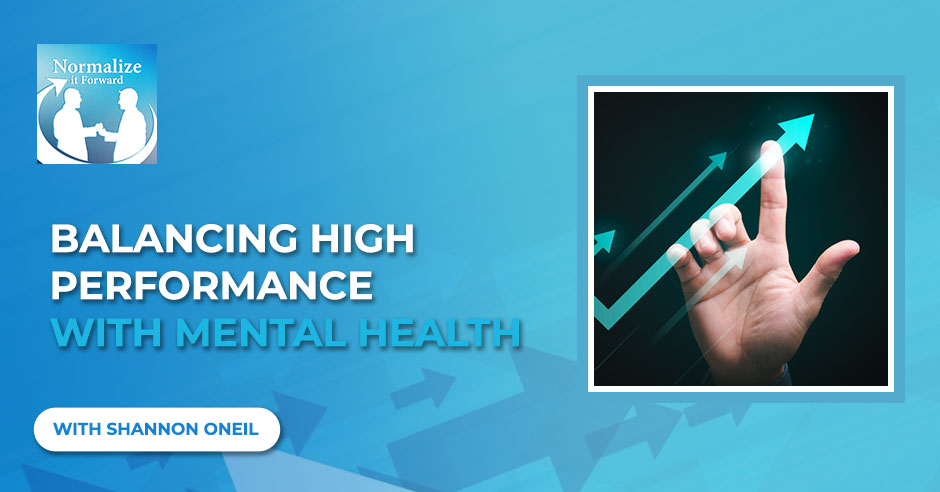
In today’s high-pressure world of youth sports, mental health is often overlooked. Shannon ONeil, a seasoned lacrosse coach with more than 15 years of experience, joins Marc Lehman to discuss the importance of mental health care for young people in sports. As the head coach at IMG Academy, Shannon has transformed the girls’ lacrosse program into a national powerhouse with a focus beyond winning. She emphasizes why it is vital to create a fun and supportive environment where young athletes can thrive and develop a deep love for their sport. Gain valuable insights on navigating
—
Watch the episode here
Listen to the podcast here
Balancing High Performance With Mental Health With Shannon ONeil
Everybody, welcome to the show. This is the show where we talk openly about mental health and wellness. We are welcoming in coach Shannon ONeil. Shannon, welcome. We are joined by Shannon. She is from the IMG Academy Lacrosse Program with fifteen years of experience leading young women to success on and off the lacrosse field at the high school and collegiate levels.
Shannon is a native of Newburgh, New York. She attended Villanova and became a two-time All-American and team captain there. She is still second in Villanova’s all-time Women’s lacrosse record books for total career points, assists, and ground balls. Shannon currently leads the girl’s lacrosse program at IMG Academy in Florida. In her first years at IMG, the program size has almost doubled.
The nation and the national team have risen from being unranked to 40th in the country. The team is hoping to break the top 25 rankings this spring, but she didn’t just move to Bradenton to win. Shannon’s mission since day one has been to create the best female high school playing experience in the world for young women who love to compete. She credits the program’s early success to two main factors, a persistent commitment to ensure her athletes have fun while chasing her biggest dreams and relentless pursuits to create an environment where young women learn to genuinely root for one another.
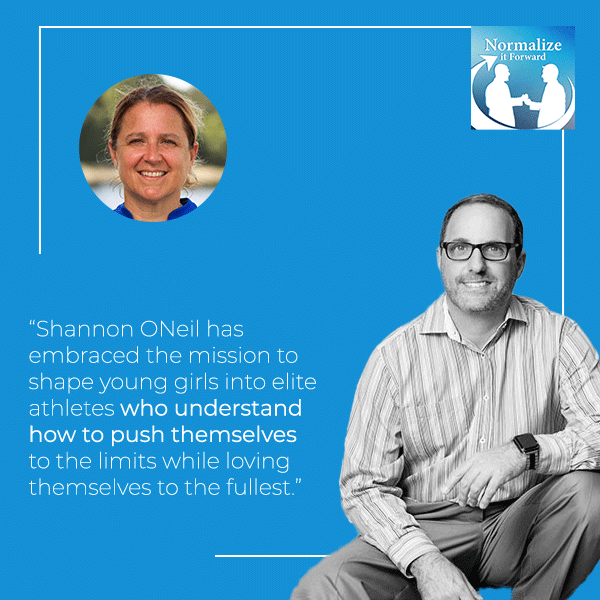
Shannon, thank you so much. Welcome.
Thanks so much for having me.
Of course, absolutely. Now that I’ve thoroughly screwed up your intro.
You’re good. That’s the worst part.
Rise Of Anxiety & Depression In Young Athletes
I don’t want to jump into the topic at hand. Mental health and wellness obviously has just incrementally grown and as I’m sure your occupational path of coaching has you around young people all the time. You probably cannot help but hear about and talk about and maybe even see some of the dramatic spikes in both depression, anxiety, and even other things on and off the field. Is that something that you’ve recognized over the years?
Yeah, we definitely have seen a spike. I had left the coaching world for a bit and came back into this world, and I would certainly say it’s different nowadays. I cannot quite figure out if there’s this awesome phenomenon that the younger generations. They’re really comfortable talking about mental health. I don’t know if it’s so much so that people are feeling more anxiety and other studies that say there are and I’m sure that is the case with social media and that thing. I really think that kids are just really comfortable sharing some of that sometimes. That piece I think is really cool and really neat.
Defining Self-Care For Young Athletes
I agree. I think that’s a really good positive spin on what’s happened. I totally agree. Over the years, I’ve noticed that tremendously with young people there’s just a comfort in this topic area. Certainly, kids talking about therapy, kids talking about getting help, and kids coming to people that are in their world that are trusted adults like coaches, like assistant coaches, like physical therapists, like people around them where they look for that.
They look for that ally and look for that conversation. That’s a really positive point, Shannon. I totally agree. I’m curious, I know as a coach, there’s so much more to your job than practices and games. I’m curious the phrase self-care gets thrown out, thrown around a lot. As a therapist, I talk about it a lot. When you think of self-care for your athletes, what does self-care mean to you?
It’s funny, we put into place, last year we put something new into place, it’s called a Protect Your Peace Pass. We actually physically give our kids tickets that are designed to help them wake up in the morning and just say like, “Today, I’m not feeling this.” We give them two passes a semester.
I love it.
Like this is what I self-care. It’s like, I think we’re pretty good at and coaches on the whole are getting good at identifying, “This kid might be struggling a little bit and reaching out and being proactive.” I think there are days that are just harder and more difficult for some reason, whatever that reason might be. We actually here in our program, we developed these to protect your peace passes that our kids have gotten pretty comfortable using those, which is great. That’s the whole point of them but that piece says to them like you literally just have to text the coaches and say, “I’m using my protect your peace pass today and there’s no explanation.”
There are no questions. It could be the day before a game. It can be the day before a test, whatever that thing might be that’s causing them extra stress and we give them a couple of passes that way. For me, like for our self-care stuff, that’s one thing. The other things we’ve put in place that I think are really helpful like we meet every day now. These kids are different. They do have anxiety. They’re anxious about what’s coming next a lot. I personally think it’s just a theory that because they have access to so much information all the time when they don’t know something, it really is anxiety-inducing.
We meet in a locker room every day, fifteen minutes before practice starts, and we literally go through everything that’s going to happen at practice. They don’t have to walk out to practice thinking, “We need to run today. How much are we going to run? What are we going to do?” We’ll draw up if we’re doing new drills or something. We’ll draw those up just to take some of that stuff off for them.
I think for me personally, like I did come back into this world. I’ve got fourteen nieces and nephews. I came back into this world because I had felt that shifting even in my own family. I just thought like, “What can I do to give back?” When we’re here every day, we get up every day. I have three other full-time female coaching staff members and we get up every day in the whole focus of our planning is how do we make this a wonderful day for these kids. Some of that is really focused on what is the best way for us to allow them self-care. There’s just some of that.
I love that. Predictability. That’s huge.
It’s huge.
Supporting Athletes Through The Recruiting Journey
You made me think of two things. I was thinking of grade school, and elementary school when they’d put the the schedule up on the board. Good for young kids. They know what’s coming and I think that’s true for older kids as well. I think probably brings their anxiety down, knowing what’s coming. The second thing I thought of, and this is tough, and I’m curious your thoughts on this, is recruiting. Recruiting is a process that is anything but predictable. You guys can help them with your half, but obviously the rest of the country in terms of where they’re recruited is a very unpredictable thing. I’m curious, I mean, that’s a huge topic, but I’m curious, what’s that like from your perspective?
It’s crazy. It is definitely unpredictable. I would say for sure it’s the biggest stress-inducing year. Our recruiting year in lacrosse is after sophomore summer. It’s right now for about twelve of our kids. It’s been a lot. I will tell you, it is as stressful for the players as it is for the families. We do a lot of work just helping everybody take a deep breath. The mantra we use a lot here is we don’t get you recruited, you get you recruited. That’s number one.
If people feel like they’re empowered to actually carve their own path, I think that’s also really helpful for young women to understand. Nobody can make a phone call and just drop an offer in your lap. This is such a wonderful time to be a female student-athlete. The opportunities that our kids have these days are off the charts compared to even 2, or 3 years ago. That’s really neat. We help them embrace like, “This is a wonderfully exciting time.”
Like you are getting opportunities that you have not been able to get for years. That’s really cool. I think one, helping young women or young athletes understand they own this piece. Like we can put you in the right positions. We can get you playing your best. When you show up and you play in front of college coaches you have to deliver and so you own that. That’s a powerful thing I think for our kids but it is not easy.
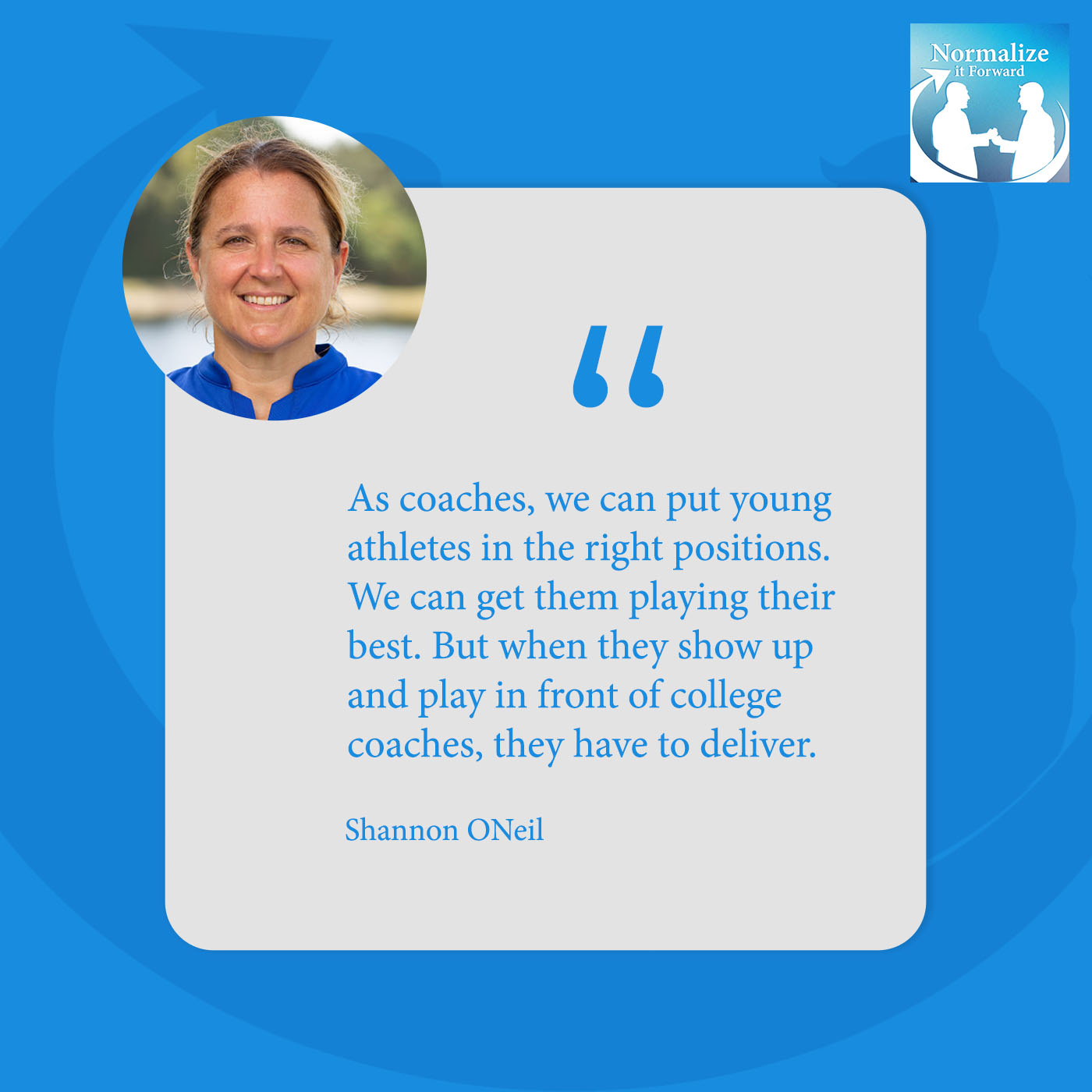
Again, we talk about what we do, what we can control and there are things we cannot control. Like you can control how hard you’re working. You can control a couple of things, but some things you cannot control. You cannot control what a college coach looks for in that particular year, or whether they need your particular position for that particular year, and all these sorts of things.
It reminds me a lot of regular college admissions. Sometimes for the first time, kids are getting rejections from schools they thought was a sure thing. I watch my own patients that I work with they’ll submit on November 1st and they’re just waiting and waiting. There’s literally nothing they can do at that point. They just have to wait and realize, “If I’ve done my job and I’ve put my apps out there, I’ll get in.” One thing I see, and I’m curious about your thoughts on this, is that a lot of young people, whether they’re athletes or non-athletes, they tie it to future happiness. If I don’t get into the right school, somehow my life is changed.
I think there’s two things going on that we fight against all the time. For us, and it is very similar to the general college admissions. Having a really tight, small list like you grew up saying, “I want to go here.” That is a real challenge in today’s world, whether you’re an athlete or not because the opportunities are just slimmer. Honestly, like everybody has really good grades. That’s where they’re headed.
I think that’s one thing going on like, “Can we get a broad list?” Tell me not what schools you want to go to. Tell me what you want out of a school. Do you want to be in an urban area? Do you want to study business? Tell me those things and we can get a list together that gives you an opportunity to be successful. I think that’s number one, that’s been helpful in that process.
The other thing, and this obviously, but like my favorite quote is, and we talk about this a lot with our kids, “Comparison is a thief of joy.” There is like, it’s too easy now to compare consistently like every day, waking up, seeing fifteen commitments, seeing twenty, “I’m better than her. I did this better than her. I went to a thing with her.” We really try to help kids focus on their journey and their own timeline because it’s intense for sure.
Comparison is the thief of joy. It has become too easy to constantly compare yourself to others. Share on XIt’s intense and it’s individualized. There are around 5,000 colleges out there. One would think there’d be more than one right school. I like how you said that. I think that’s really spot on what do you want to get out of this experience? I think that their answer is probably something that can be applied to a lot of different schools and a lot of different school settings.
I think it really shifts the conversation and we’re working on that here because I think the norm is to go out and say, “What are your top ten schools?” We do it in admissions and we do it for athletes and it’s like, “Really you don’t make the decision.” The college coach makes the decision. The admissions office makes the decision, so you don’t really get to just say where you want to go and get one of those opportunities. We work on that a lot. I think for a lot of our kids these days, just because of, I don’t know, lots of things you probably know better than I do, but this may be their first disappointment.
From their families, this might be the first disappointment they need to endure for their child. If you’re a parent, you understand that most parents really mean well. Like it is not, it’s a visceral reaction to watch your child hurt. That’s really what’s happening. You’ll hear people in sports talk about the parents this, the parents are crazy, the parents are this. If you’re a parent yourself of an athlete or a college-age student, you realize like really, they’re just hurting for their child and they don’t have control over the outcome either. That’s really hard for parents to get in line with. It’s hard.
How Young Athletes Can Manage Their Stress Levels
I think along those lines, Shannon, we so often we talk about things like anxiety and depression, and the opposite of unhappiness is happiness. What’s going to make their child happy, what they think is going to make their child happy is what they’re what they’re pushing for, which makes total sense. I think that along those lines, one of the things that I find myself talking a lot about in this show is how to make environments successful.
What is it that a young person needs to do? Staff can offer certain things like you were just talking about before, but not every student takes it upon themselves to use those things. Let’s put ourselves in their shoes for a minute. We’re a high-level athlete, we go to IMG Academy, we have great staff around us. What is it that we need to do as an athlete, as a teen, as a high school athlete to be able to manage our own stress levels? What comes to mind? What sorts of things would you say they should do?
I think the hardest thing and we’re reminding our kids all the time, this is actually the fun part. When you’re at IMG, you are at school with 1,500 teenagers that are chasing their dreams. It doesn’t mean they’re perfect. It doesn’t mean they’re perfect athletes. It just means they’ve got a goal and they’re chasing it, which is really cool. When you walk on this campus, you can feel that energy, which is nice. It gives you that energy as well. The thing I’m always reminding our kids about in particular is like, this is actually supposed to be fun.
If you’re showing up for, if you’re at IMG and you’re coming to practice and you’re dreading it and you’re saying, “We should be somewhere else.” That’s not actually what it’s supposed to feel like. For us, when you come to one of our practices, you will see my best players all the way down to the players that need the most development. You will see them dancing. You will see them singing in line. You will see them chit-chat, laughing, because that’s the energy that we bring as a coaching staff because I think that kids are at their peak performance and successful when they’re having fun.
Somewhere along the way, we’ve stripped that from them and we’ve made this a business. Sports at 16, 15, and 17 years old, that’s not a business. You’re supposed to be making friendships, building relationships, and getting coaching relationships that you’ll have for a lifetime. All the things that we had growing up. We do a lot of surveying here at IMG, and some of my earliest comments, my first year here, my second year here, the kids would write, “She’s great, but she’s old school.”
I would say, “Yeah, I’m old school. I believe in fundamentals. I believe this should be fun and I believe you should have your best friends on the team.” Those are the three things. Here, I am super competitive. You probably know I have four older brothers. I want to win as much as anyone else, but that’s not the pinnacle of where we’re headed right now. What we talk about here is you root for each other everywhere. I think for an athlete to be successful, even at the next level, and they just don’t know this yet, you have to be able to genuinely be a great teammate.
For an athlete to be successful, even at the next level, you have to be a great teammate genuinely. Share on XYou have to understand the power of how powerful is it for a team and a group of young women to know that they actually have 39, 40 kids that want what’s best for them? That’s crazy. That’s what we focus on here. We don’t always get it right. The kids don’t always get it right. I think at the end of the day, that’s what we’re striving for every single day. Like can you root for each other genuinely on the field, in the classroom, online, in your Snapchat, like wherever that might be. I think that helps kids be successful, honestly.
Such a positive vibe. I think the other piece that probably doesn’t get talked about much is this is temporary. Like athletics is not a forever thing. Having coached my son and over the years and been around sports, I mean, I feel like athletics mimics life so often. Like you think about in adulthood, how many teams do you work on all day? To be a good teammate, whether you’re on an actual team, an athletic team, or as an adult on some other type of team, I think you’re teaching these kids how to do that and the importance and the value of that, which is huge, Shannon.
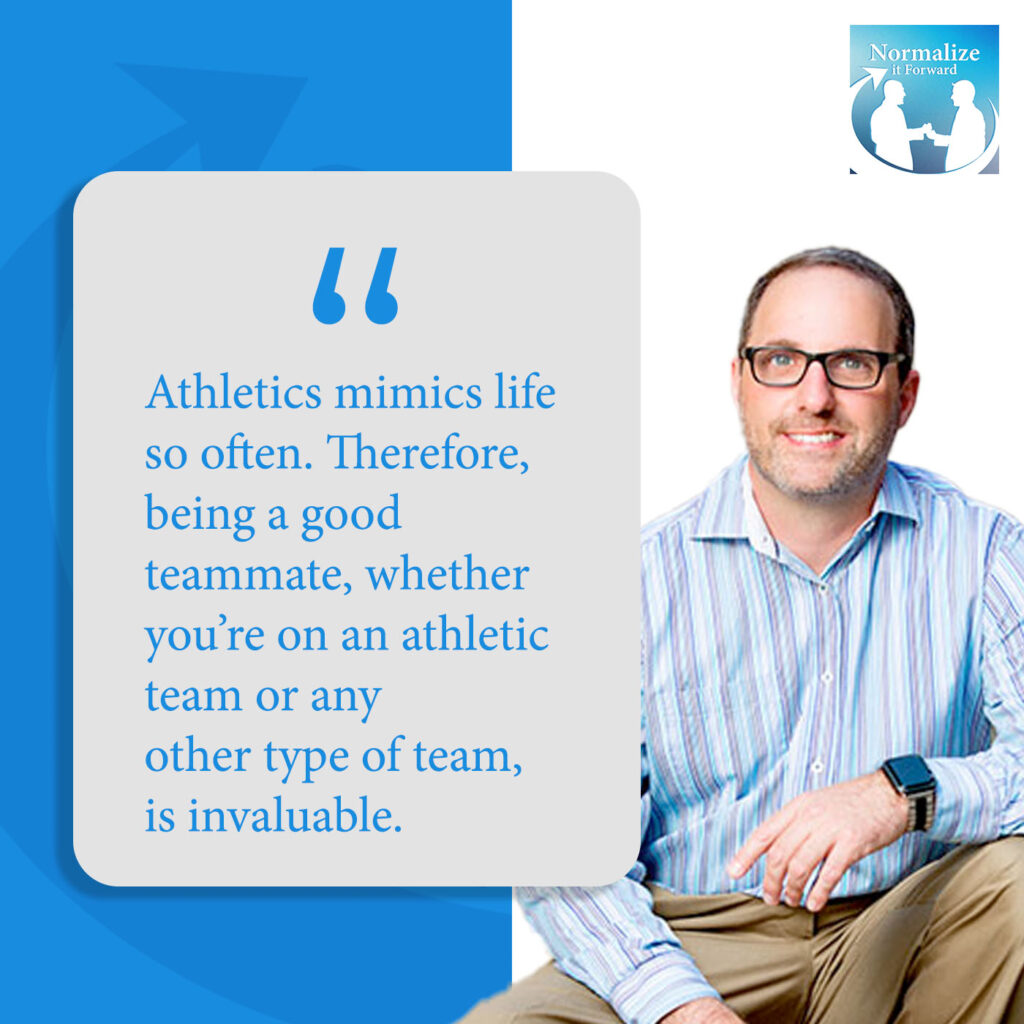
Honestly, it’s what gets me up in the morning is why I came here. Also, we are having kids in the third grade worried about where they’re going to go to college or where they’re going to play in college. It’s like, we’re missing all of the development as a human because we’re so focused on that. I mean, we’re giving up family vacations for eleven years so that kids can go play college sports. You don’t have to do that.
That’s the other thing we do with our families here. It’s like, yes, there are important pieces to the puzzle. You have to play club in the summer. It’s a big recruiting tool, all of the things. Guess what? You can go to the beach for two weeks. We’re constantly like, we’re on the phone with our parents all the time. Like, “Do you think we should do, the parents will ask do you think we should do X, Y, Z?” Like, “She didn’t get into this thing. Great. Tell her congratulations. She didn’t get into that thing. She gets a weekend off.”
That’s honestly how I feel. I think my mission is to prove out that these girls can have fun, can take family vacations, and still can be elite athletes with all the opportunities that they would have had if they gave all of that stuff up. I just know it from personal experience. My son’s an athlete and we gave him a lot of vacations and a lot of time together and I would do anything to get that back. You don’t get those periods back. I guess it’s my mission to help families understand that they can reach their goals and still have some fun along the way.
I love it. I think it’s resisting that urge to be intense and of course, the urge to be intense just like quickly translates into anxiety and difficulties for kids, which makes their production go down, not up. I was laughing because as you said in third grade, I was like, “I was learning the rules to four square.”
I’m good at that game. Actually, I was really good at that game.
I’m in third grade and boy times have changed. I think that in many ways you’re such a good role model for these kids, because number one, you’ve achieved it yourself. Number two, you give them positive messages for them to take with them because they’re going to have intense coaches. They’re going to have intense teammates. No matter what you say or do, that’s going to be there at some point for them.
Impact Of COVID-19 On Student Athletes
Those are kids that have to decide, do I in fact embrace that intensity or am I able to really continue to enjoy the sport that I love while also enjoying life? Which is like a nice balance. I’m curious, I mean, you’ve been at IMG for a bit and I’m assuming you were there through COVID. I guess I’m wondering how would you say things have changed for kids since COVID has been less prevalent.
I came here actually the year that COVID stuff got lifted. I came on September of 21. It’s right at the tail end of that. I’m seeing what everyone else is seeing like it’s got used to being in their rooms and passing time in their room. We’ve got like, I don’t know if you’ve ever been here, but we have killer facilities here, honestly. That’s not a plug for IMG, I’m the same. Like we’ve got a pool here that would rival any pool these kids could ever swim in. The huge TV. You would think that they should be out there like they should be out hanging with their friends.
They have the time at night, they have all these things. I just say, I think the biggest impact of COVID is kids got really comfortable doing everything online, obviously, and texting. Again, we work on that. We have in-person meetings. Like when we have meetings, our kids put their phones up on the thing. They never have a phone with them. All the things to get better at communicating, I think is what we’re working on all the time. I think you see it. I’m sure in your work every single day. Again, it’s back to the comparison thing. Like we see it all the time. We just ask them to put their phones away a lot when they’re with us.
Addressing Suicide Concerns Among Student Athletes
I think it’s super helpful. I mean, we’re definitely seeing a trend. I think eventually it’d be nationally of high schools, really either banning phones or reducing phones and stuff like that. I think it’s wonderful. It gives kids a break. I’m curious, can I put you on the spot for a second and ask? I would imagine as a coach, you come across lots of different things. The one topic no one ever wants to talk about is suicide. Unfortunately, suicide is a very real thing. It is right now the second leading cause of death in young adults.
When you look at the population of like fifteen, so basically high school and college-age kids. It’s a topic that comes up and we cannot avoid it. I guess I’m wondering, if you had some words of wisdom or advice, if there was a player out there, maybe one of your players out there that had concern about a friend. Friend disclosed to them, “I’m really on edge. I’m thinking about this, this, and this.” What would you say to that one person? What words of wisdom would you offer to that student?
It’s a really hard one. We talk to our kids a lot about this. Like, best friends take care of each other. It’s emotional for me because we say this all the time in our office, “Not on my watch. I’m not going to go through that in my program.” We do talk to our kids about this. We do bring them in the office. If we think someone’s a friend of somebody that might be struggling, and we will say, “If you’re best friends, we need your help.” We can see lots of things, but we cannot always see the depth of what somebody’s feeling. I refer often. That’s all I’ll say.
We cannot always see the depth of what somebody is feeling. Everyone needs a little bit of support. Share on XThe minute I think somebody needs a little bit of support, I refer because I think it’s important and I’ve lost people in my life to suicide. I think kids are, they’re short-sighted. They’re getting disappointed or they’re not reaching their peak level or whatever it is that they want right now. Lots of conversations about that with our kids for sure but yeah, to the safety point. That’s what I tell my kids, “Often and early, you come to see me often and early if you think somebody’s struggling and we will see if we can get them to help.”
I love that approach. I love that approach that you guys are there and you make it really clear regularly because so often that’s not the case. I think that when students feel like they’re not, they don’t have that opportunity. They don’t seek it out. They don’t look for it but because these kids feel that from you guys, they’re definitely more inclined to come to you. As you said, this is way above their pay grade. It’s not something they’re used to at all.
They’re certainly short-sighted. When kids come across what they feel is insurmountable and these types of issues come up, they don’t realize that this is something that will pass, but it’s certainly something that they probably need some assistance getting through. Good for you guys for getting involved and having an aggressive approach toward it because it’s one of those things that you do have to push on because kids tend to have that mode of like, “I’ll take care of this myself.”
Yes, sorry to cut you off. I think it’s important for us just because in a boarding school environment, too, it’s like a college environment. We can see things in person that maybe a parent cannot feel over the phone or whatever that might be. I just feel like that’s why we’re aggressive about it.
I appreciate it. I think it’s amazing what you guys do. Shannon, listen, thank you again for taking the time today. I know you guys are super busy. The topic of mental health and wellness is near and dear to me, obviously, and certainly want to have that open conversation and dialogue with people like yourself just to be able to get point of view and perspective. I feel like once these shows go off live and kids are reading to them, my hope is that even if there’s one tip or suggestion or hint that kids pick up on, then we’ve done our job. Thanks again for making the time and really appreciate you being here.
Thank you and thanks for everything you’re doing. I really appreciate you having me.
Absolutely, have a great day, Shannon. You take care.
You too. See you.
Important Links
- Shannon ONeil’s LinkedIn Profile
- Shannon ONeil’s Instagram Profile
- Shannon Oneil’s email
- IMG Academy Lacrosse Program
About Shannon ONeil
 She joined the IMG Academy lacrosse program with 15+ years of experience leading young women to success on and off the lacrosse field at the high school and collegiate levels. A native of Newburgh, NY, Shannon attended Villanova University and became a 2-time All-American and team captain. She is still second in Villanova’s all-time women’s lacrosse record book for total career points, assists and ground balls.
She joined the IMG Academy lacrosse program with 15+ years of experience leading young women to success on and off the lacrosse field at the high school and collegiate levels. A native of Newburgh, NY, Shannon attended Villanova University and became a 2-time All-American and team captain. She is still second in Villanova’s all-time women’s lacrosse record book for total career points, assists and ground balls.
Shannon currently leads the girls’ lacrosse program at IMG Academy in Bradenton Florida. In her first three years at IMG, the program size has almost doubled, and the national team has risen from being unranked to 40th in the country. The team is hoping to break the top 25 rankings this spring season. But she didn’t just move to Bradenton, FL to win.
Shannon’s mission since day one has been to create the best female high school playing experience in the world for young woman who love to compete. She credits the program’s early success on two main factors; a persistent commitment to ensure her athletes have fun while chasing their biggest dreams and a relentless pursuit to create an environment where young women learn to genuinely root for one another.

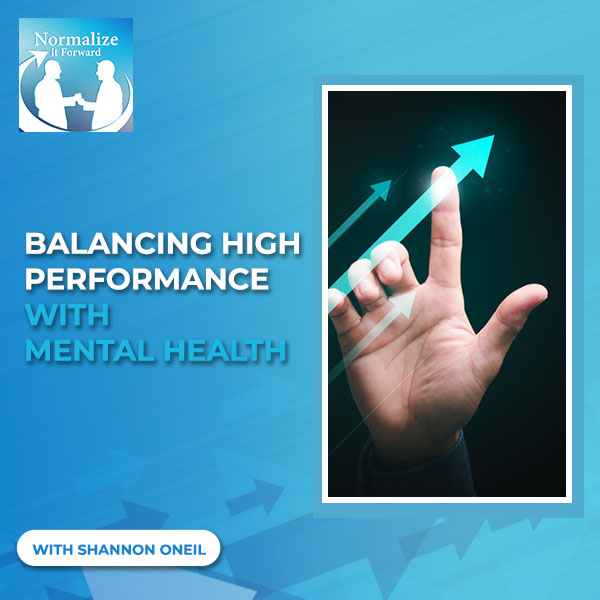
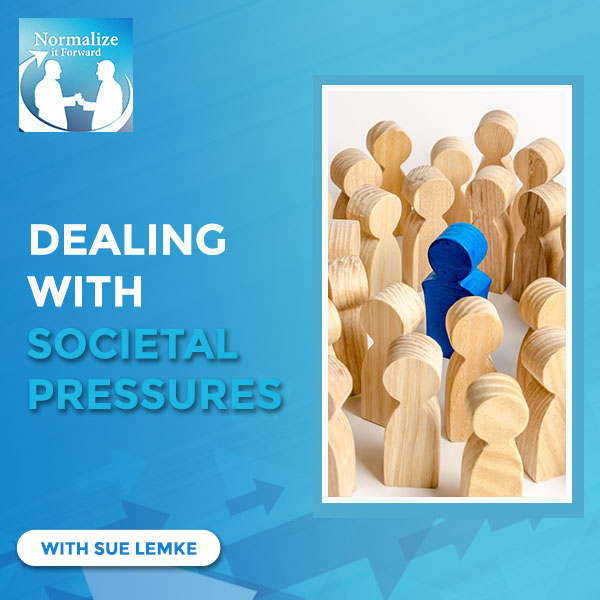
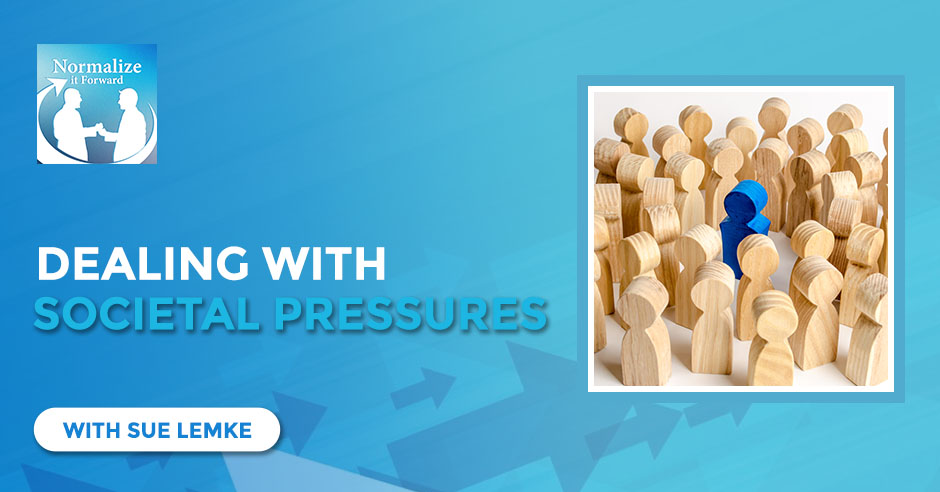
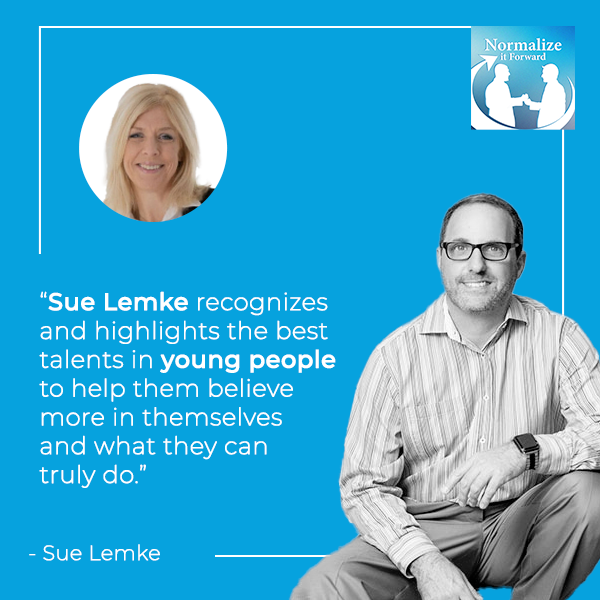
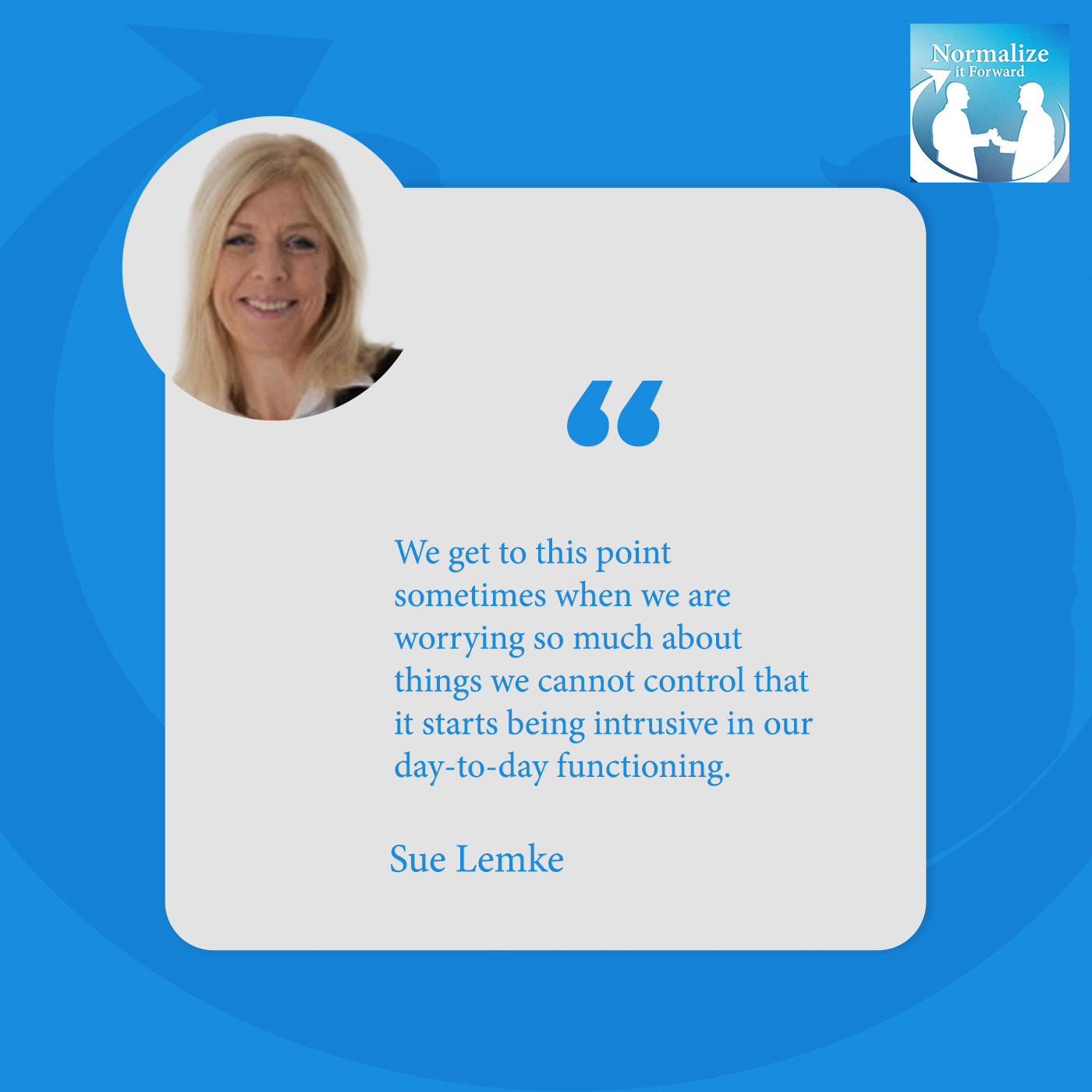
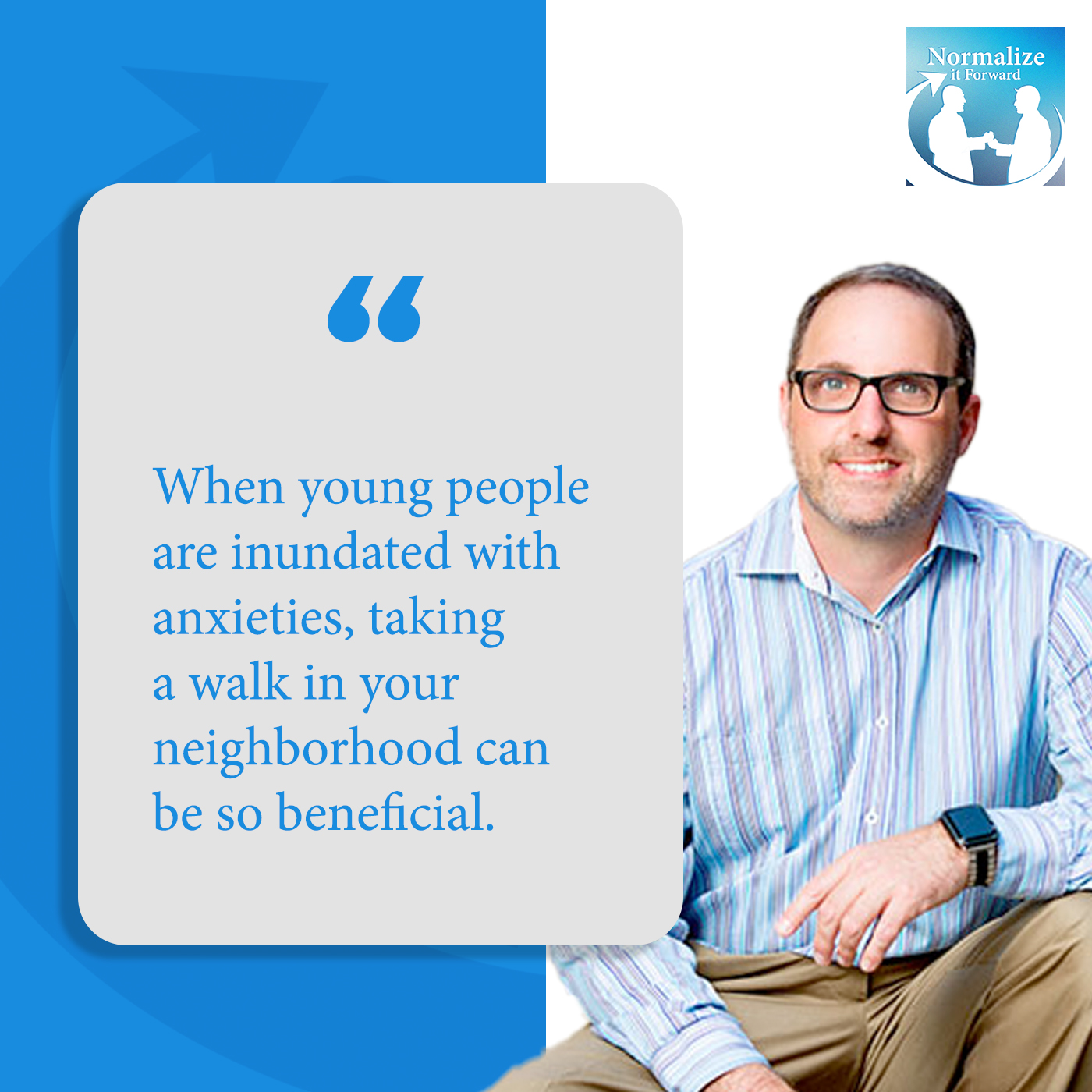
 Sue Homrok-Lemke is the Assistant Superintendent of Teaching & Learning in Simsbury, CT. She is also a lecturer/adjunct of Educational Leadership at Central Connecticut State University, working with aspiring administrators.
Sue Homrok-Lemke is the Assistant Superintendent of Teaching & Learning in Simsbury, CT. She is also a lecturer/adjunct of Educational Leadership at Central Connecticut State University, working with aspiring administrators.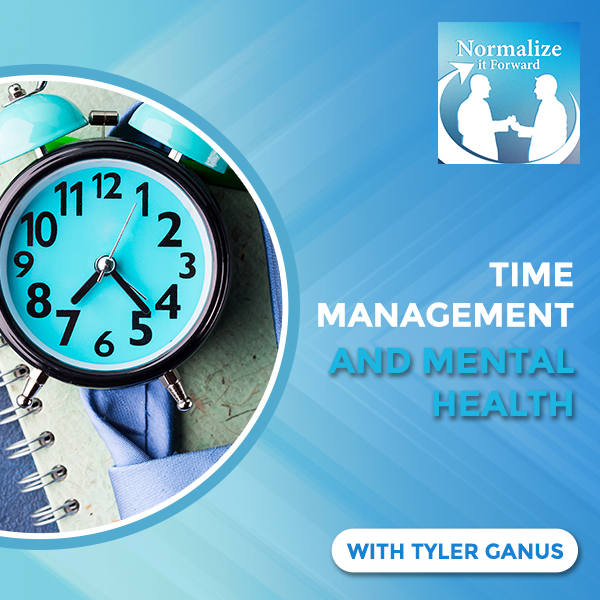
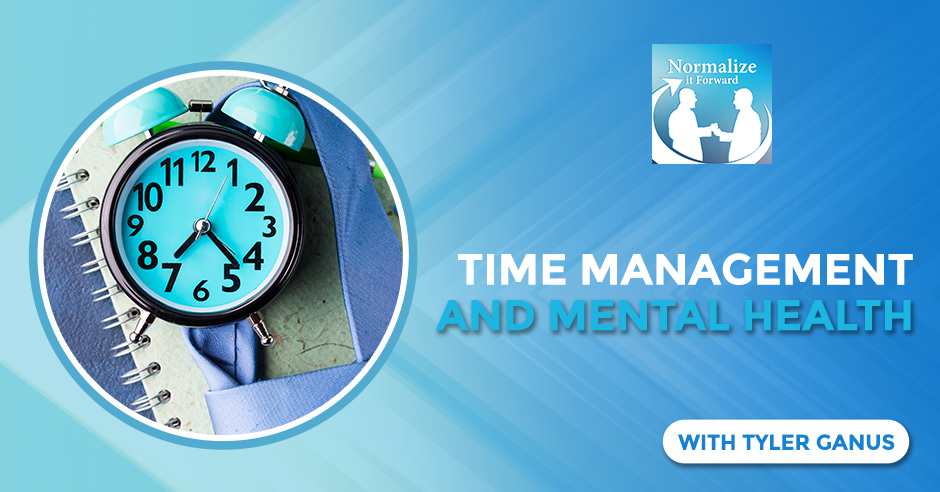
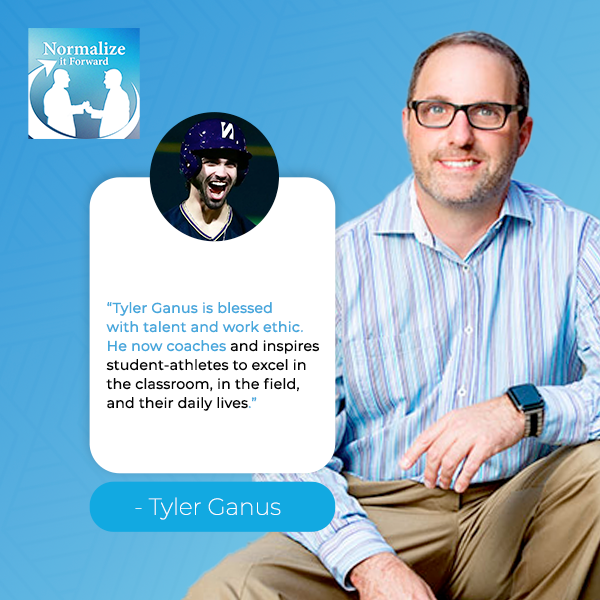
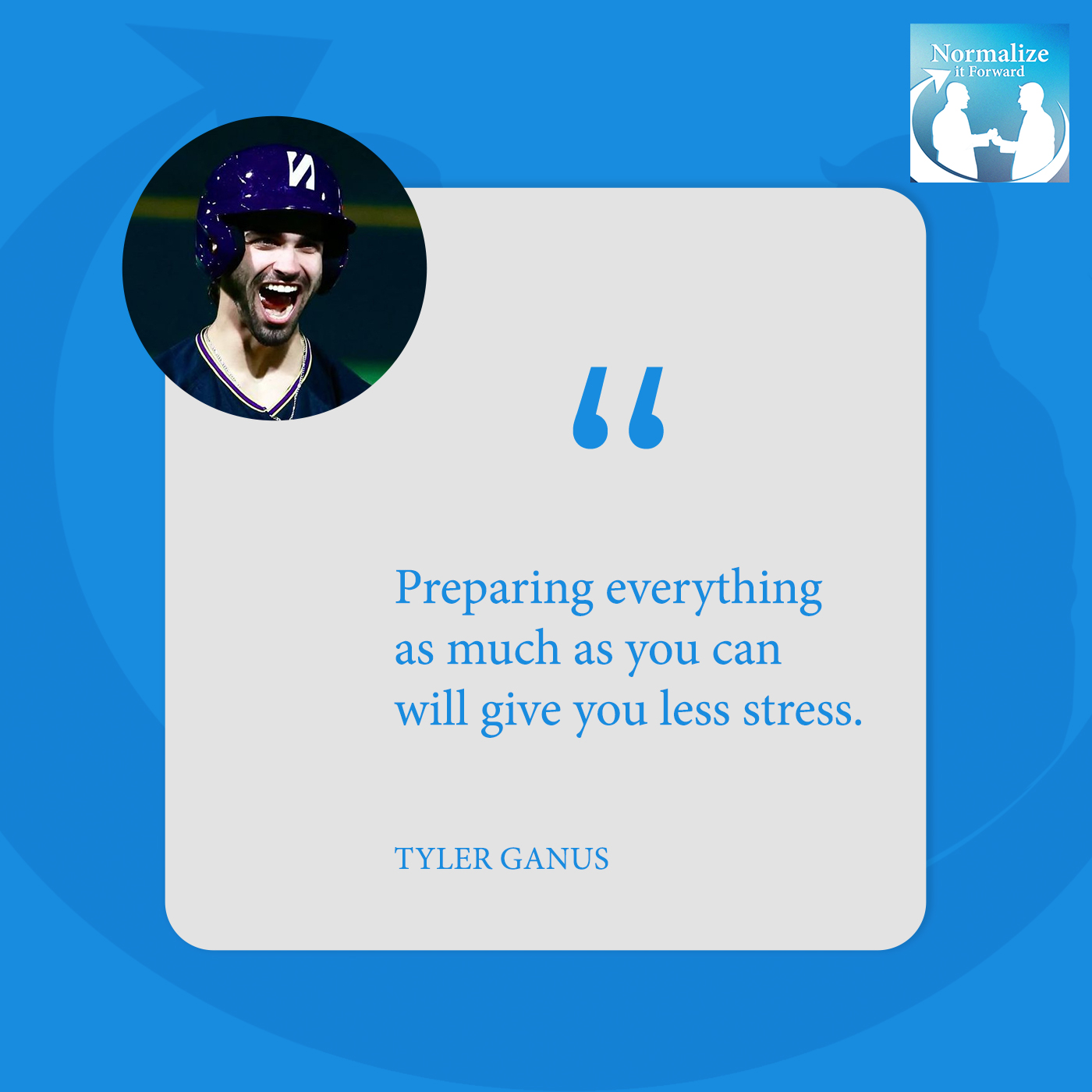
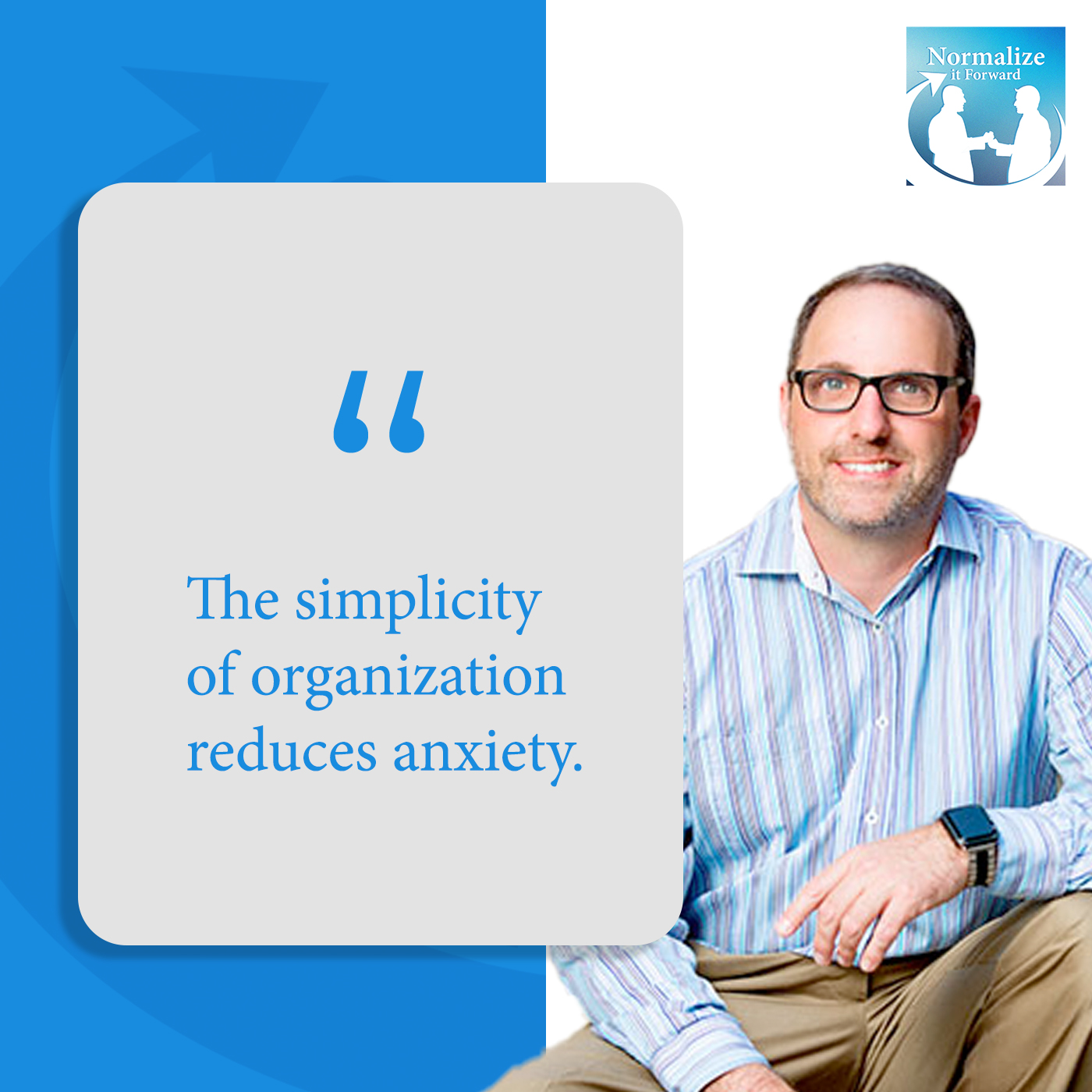
 A baseball alumnus from Harvard-Westlake, the University of Oregon, and Northwestern University, he has left a legacy in each of the programs. Embodying the phrase, “Do it with passion or not at all,” he has enjoyed being an energetic spark plug on the field.
A baseball alumnus from Harvard-Westlake, the University of Oregon, and Northwestern University, he has left a legacy in each of the programs. Embodying the phrase, “Do it with passion or not at all,” he has enjoyed being an energetic spark plug on the field.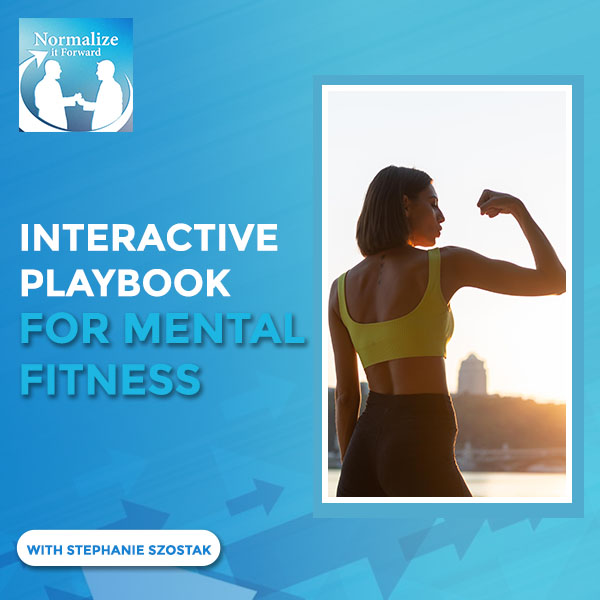
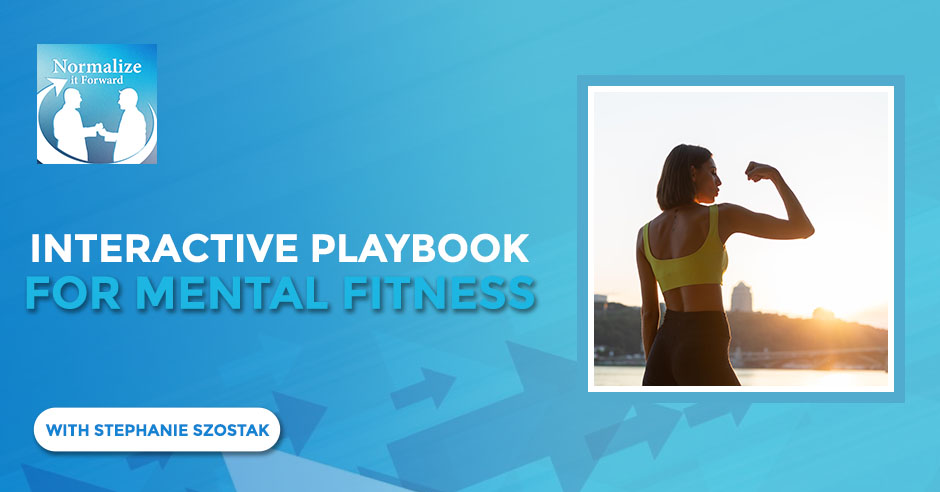
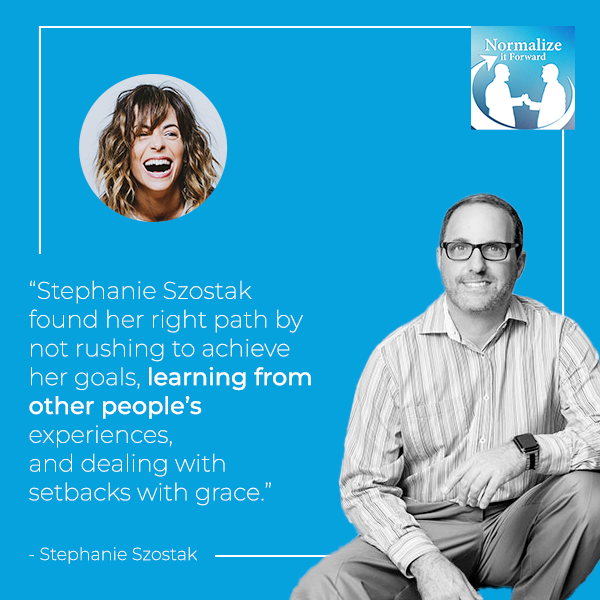
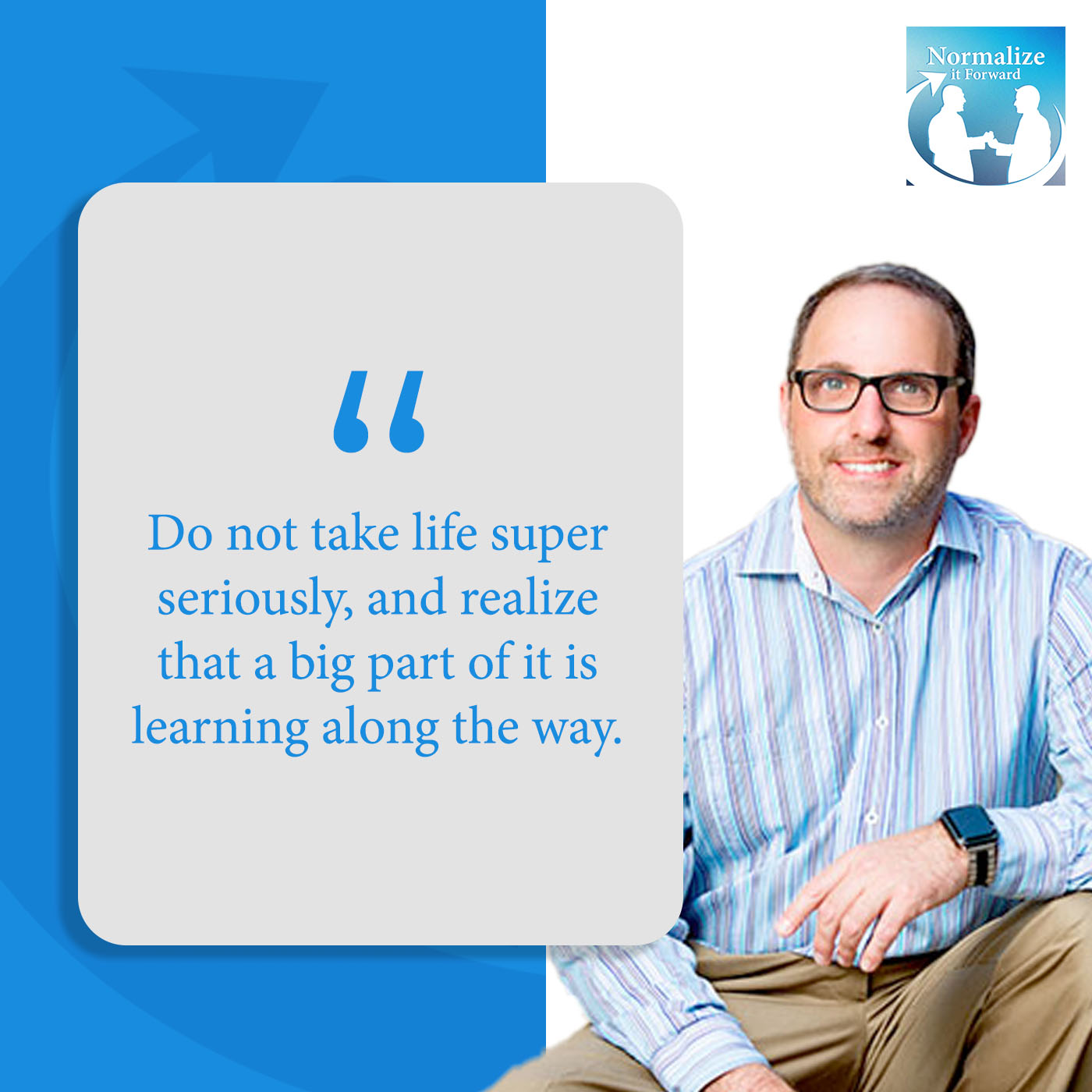
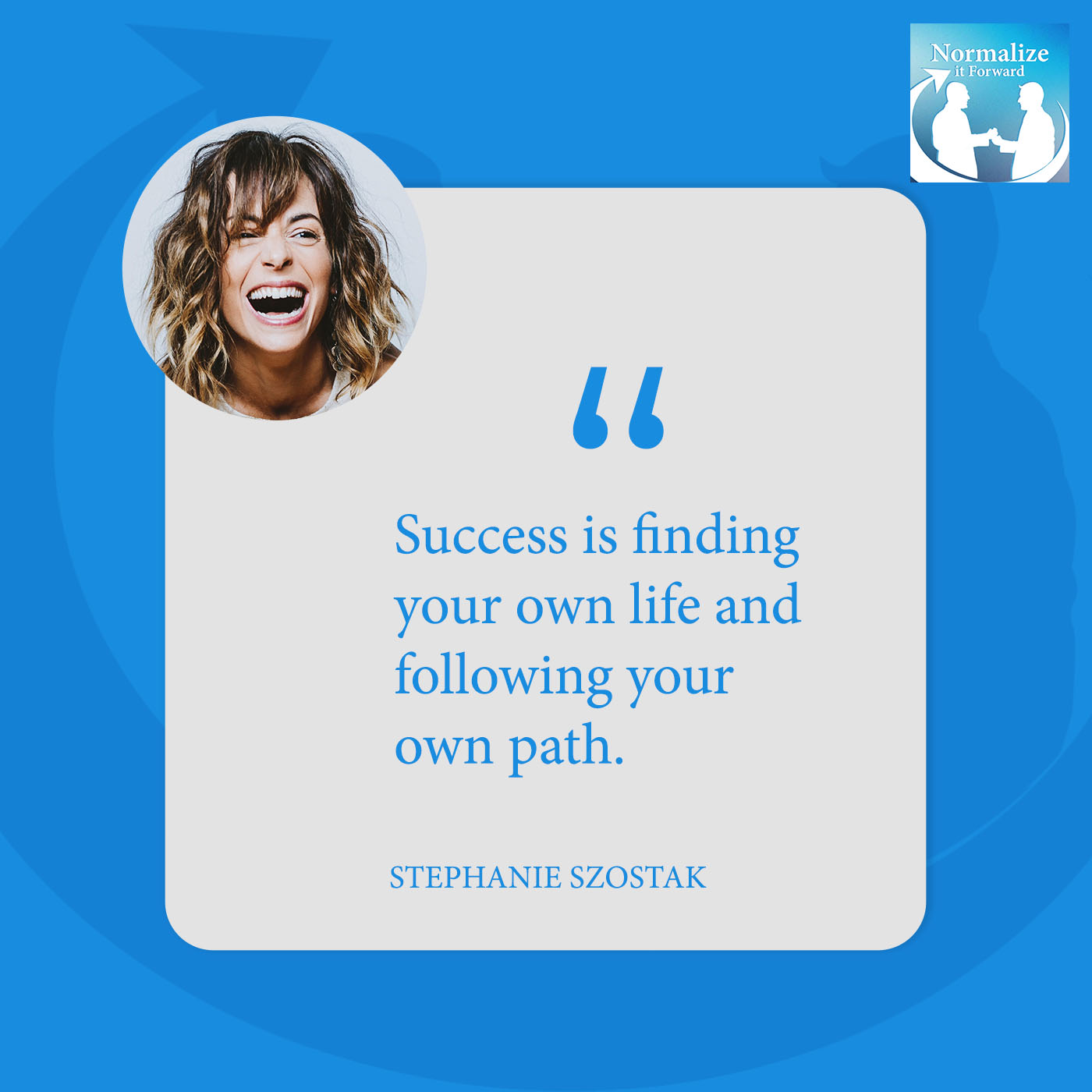
 Stephanie Szostak, is a French-American actress, author, speaker, and Give an Hour ambassador. She speaks on being an outsider, overcoming failure, mental fitness, and living with authenticity. She is best known for her roles in The Devil Wears Prada, the ABC hit series A Million Little Things, Iron Man 3, and Dinner for Schmucks.
Stephanie Szostak, is a French-American actress, author, speaker, and Give an Hour ambassador. She speaks on being an outsider, overcoming failure, mental fitness, and living with authenticity. She is best known for her roles in The Devil Wears Prada, the ABC hit series A Million Little Things, Iron Man 3, and Dinner for Schmucks.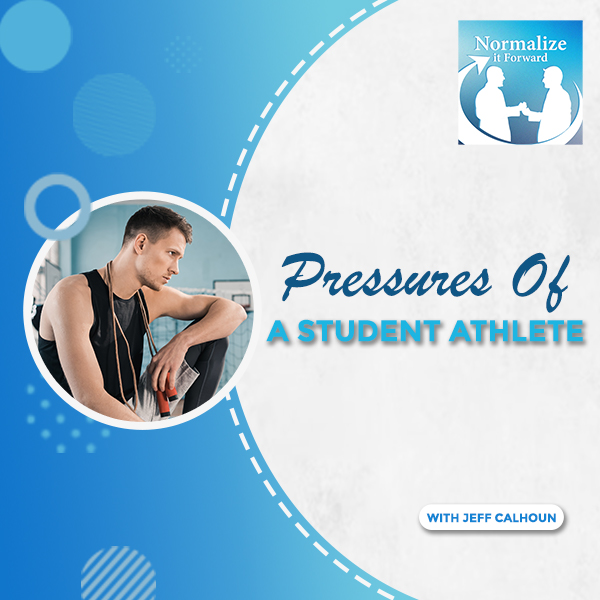
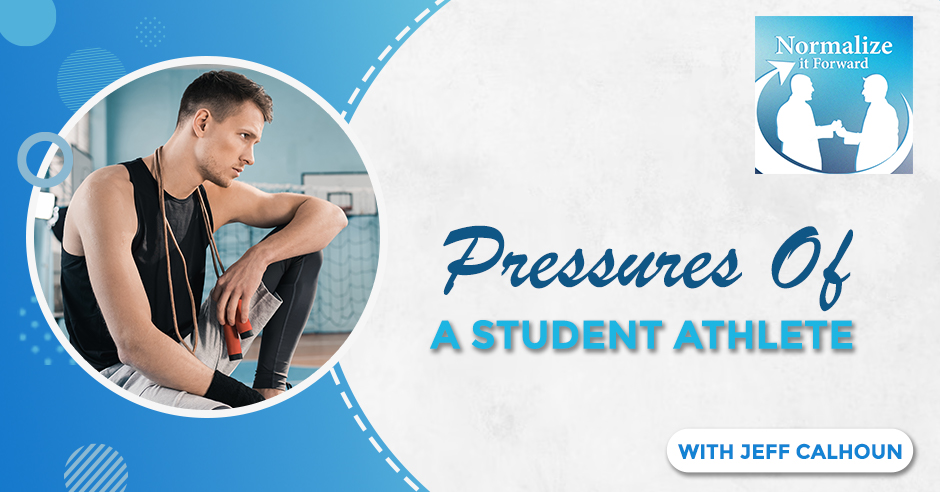
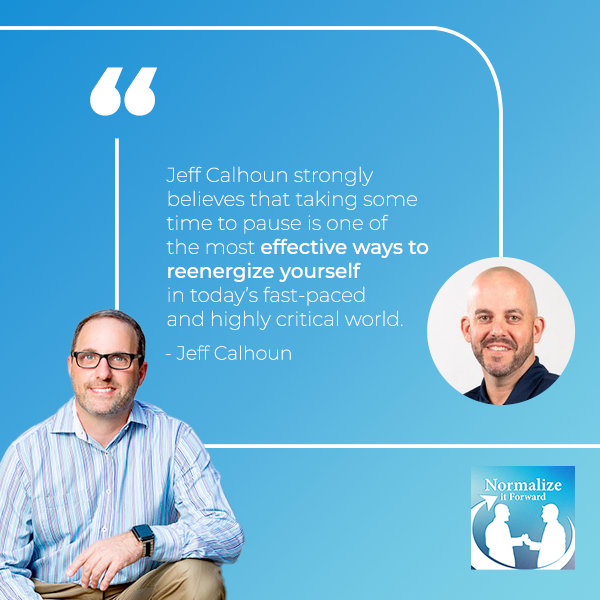
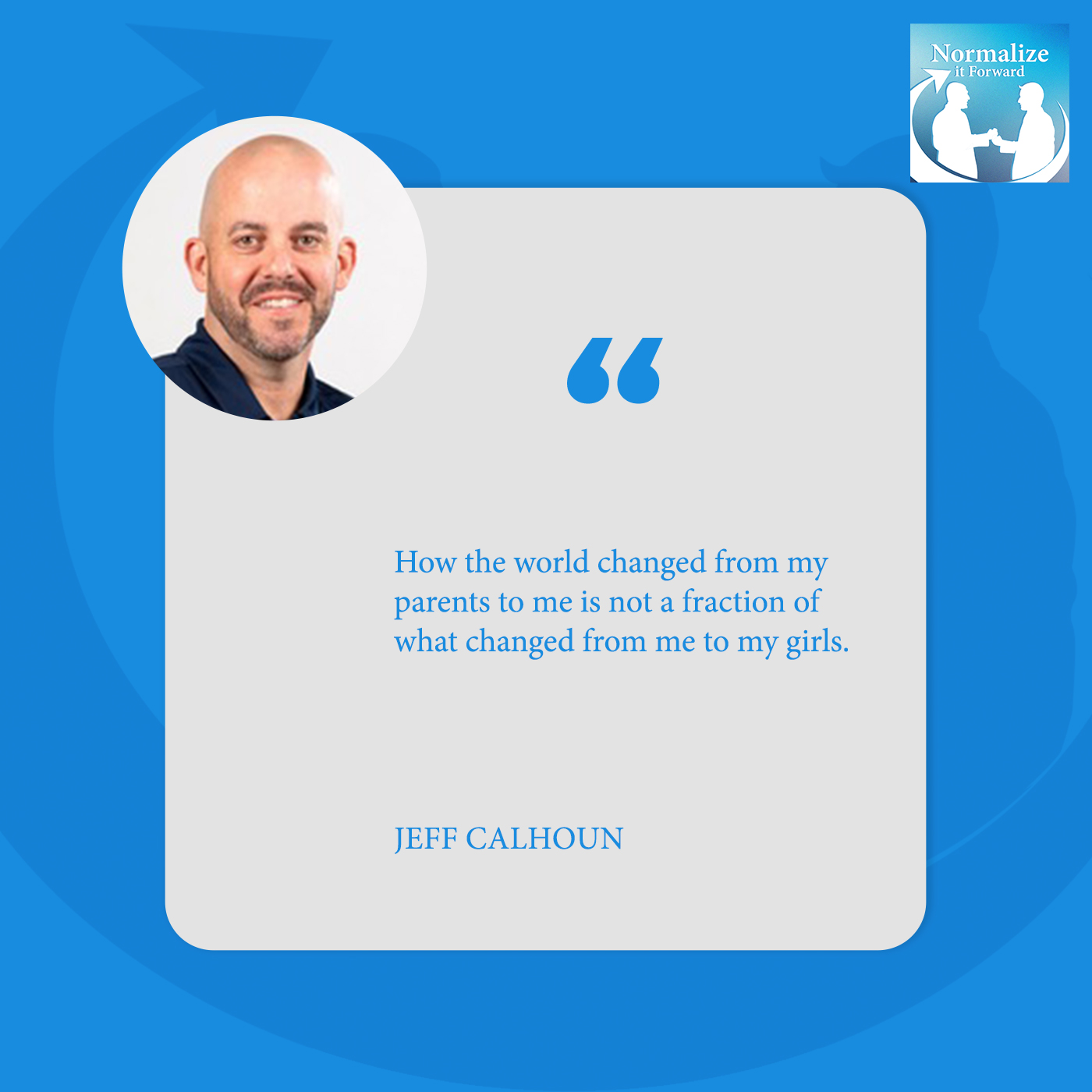
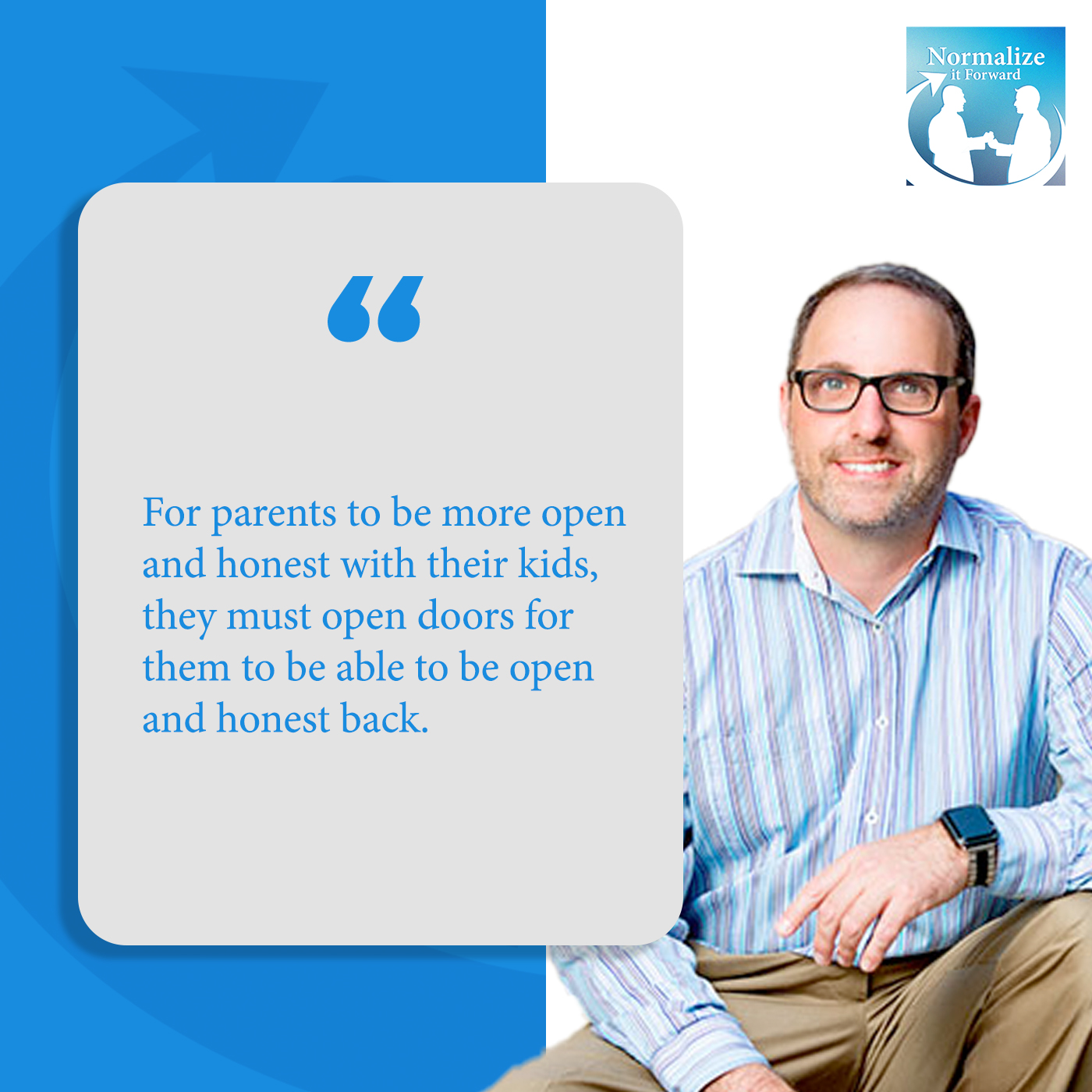
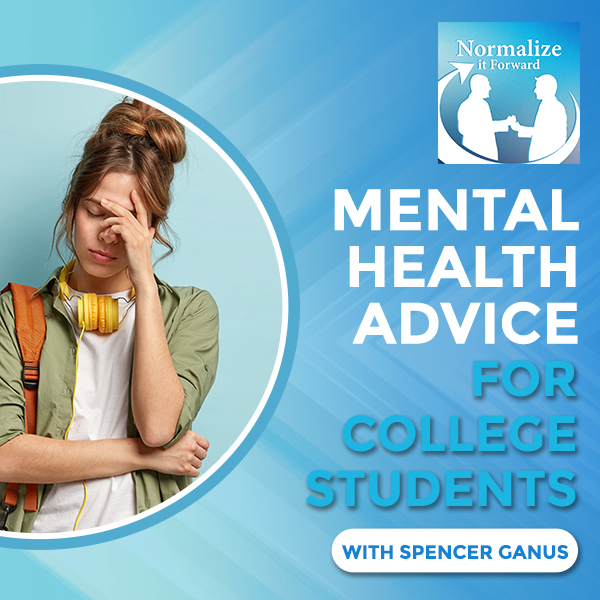
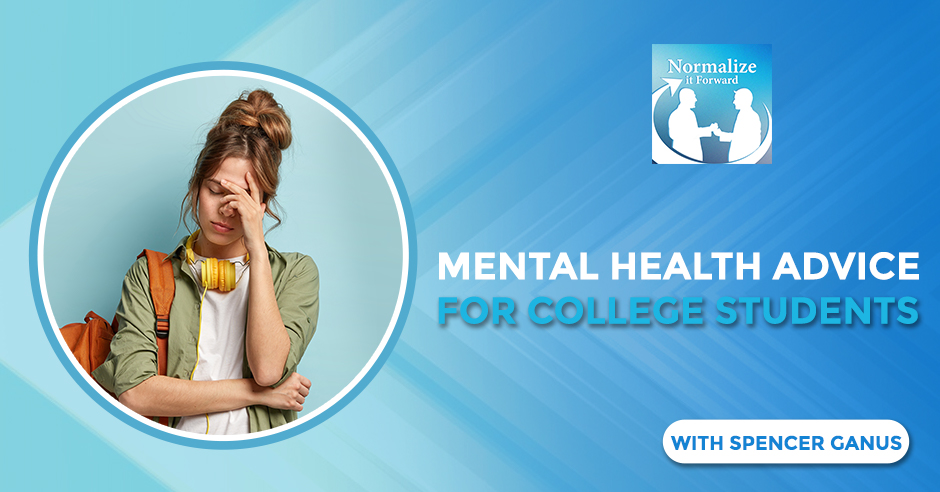
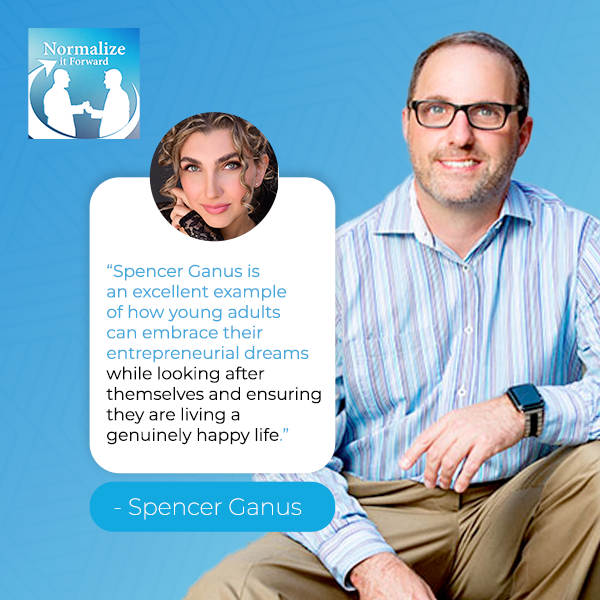
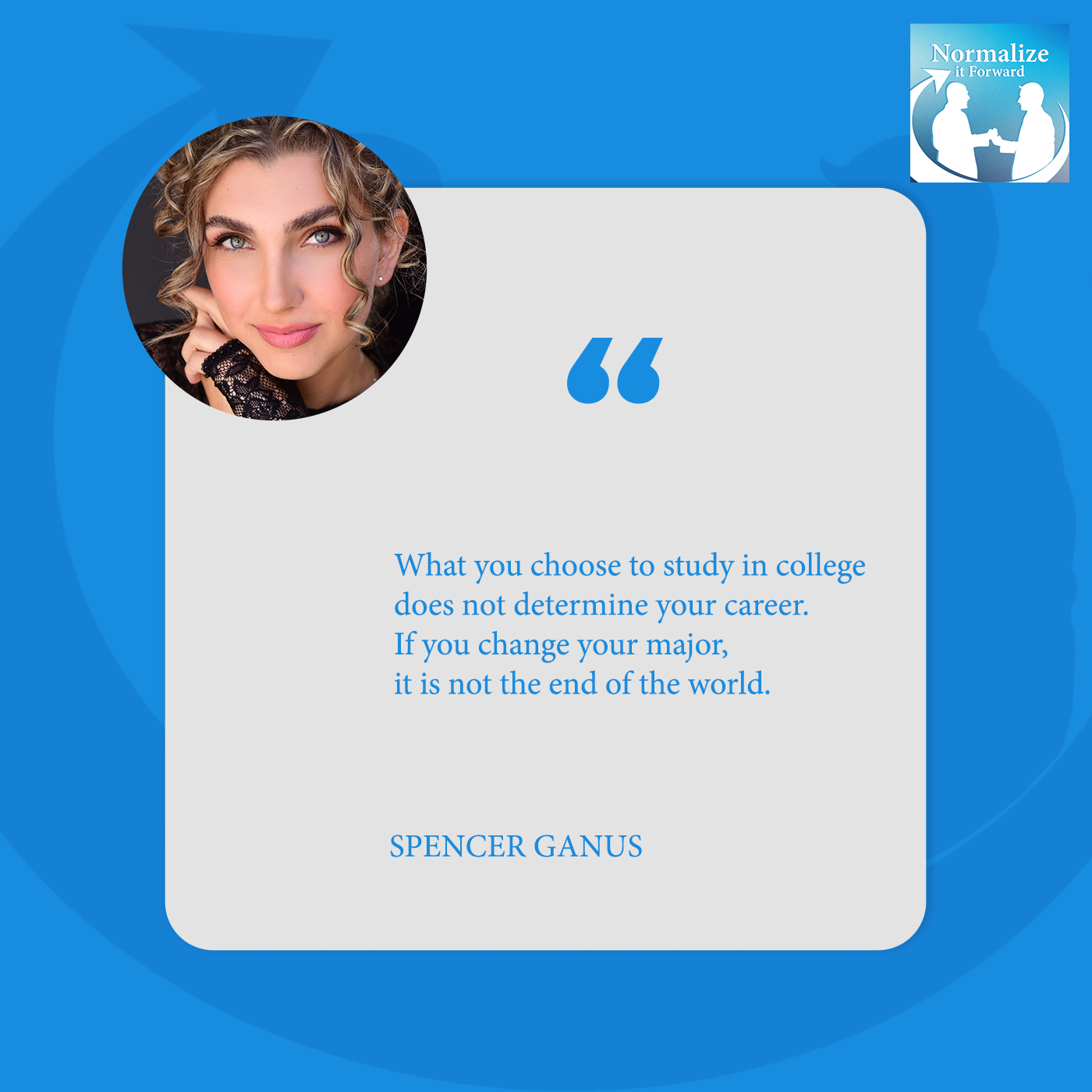
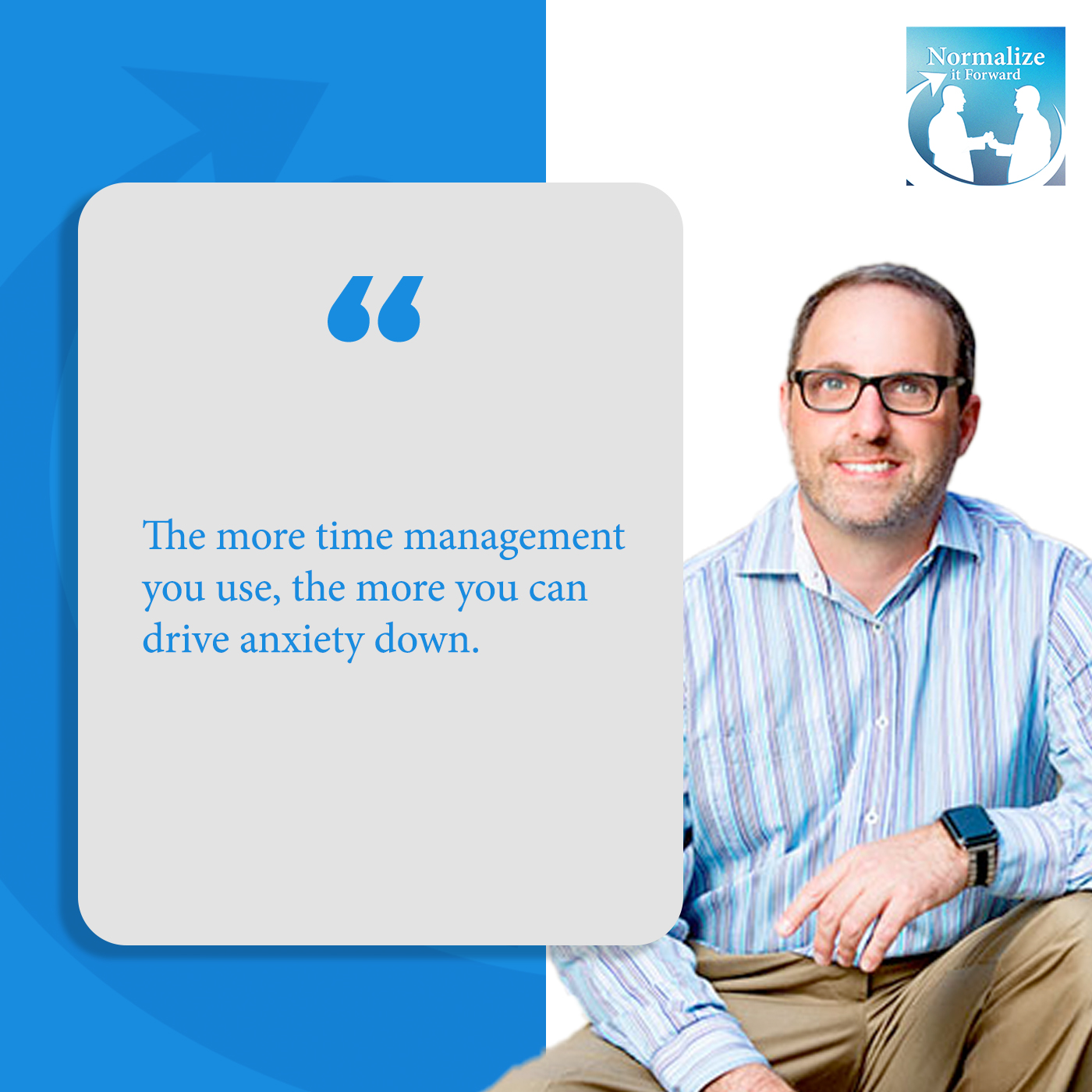
 Spencer Lacey Ganus , who is an actress and voice actress. 2 of her roles She’s best known for are the Comedy Central television series, South Park As Ike as, as well as teen Elsa in frozen.
Spencer Lacey Ganus , who is an actress and voice actress. 2 of her roles She’s best known for are the Comedy Central television series, South Park As Ike as, as well as teen Elsa in frozen.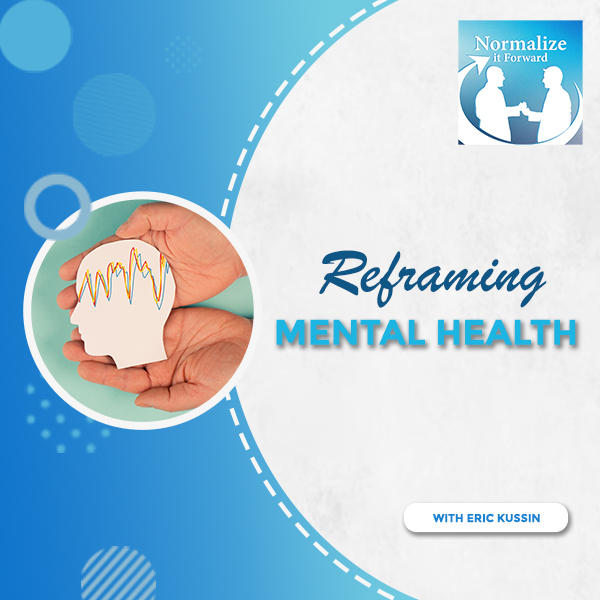
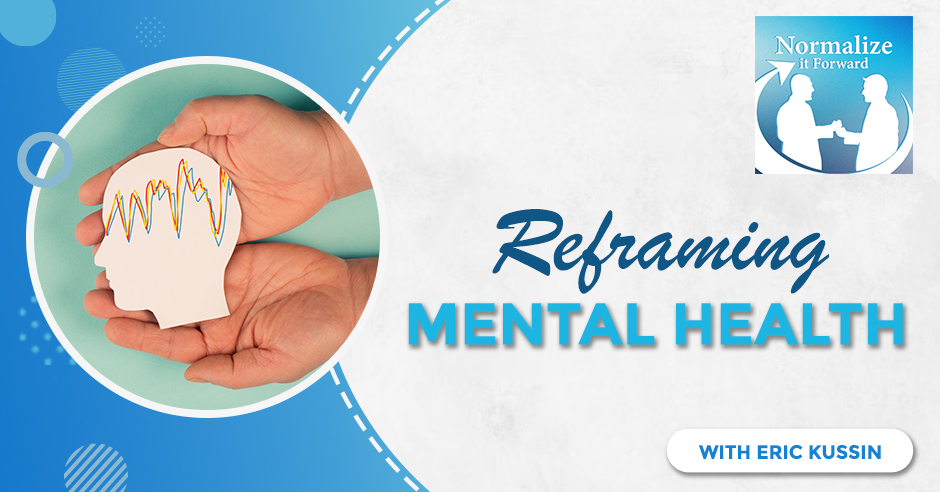
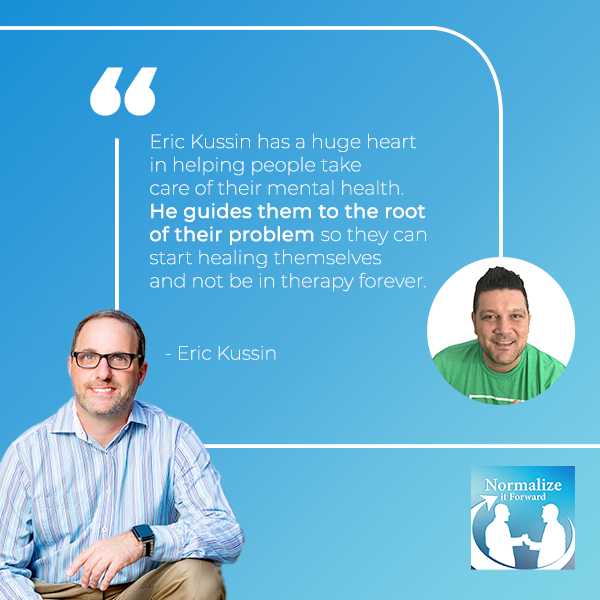
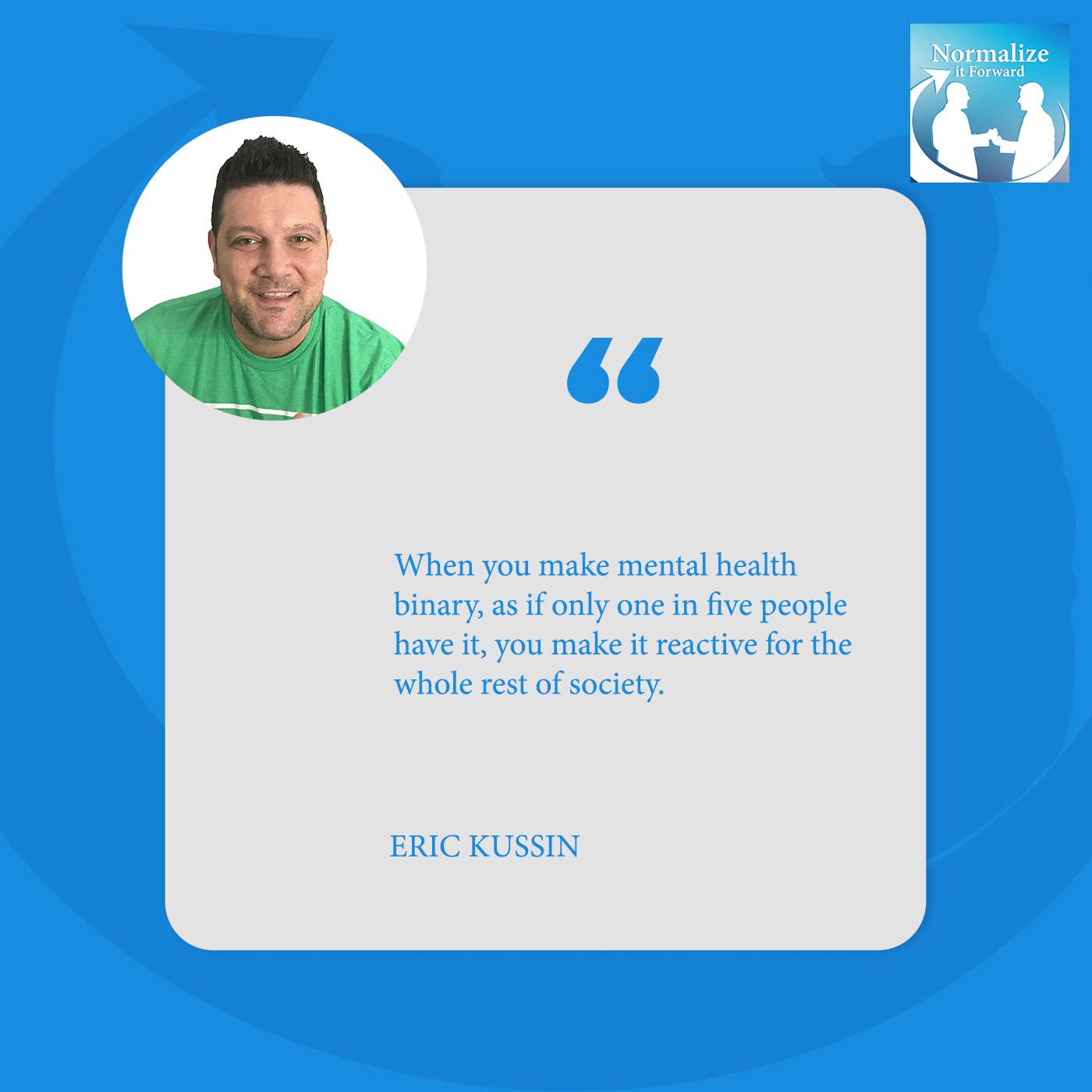
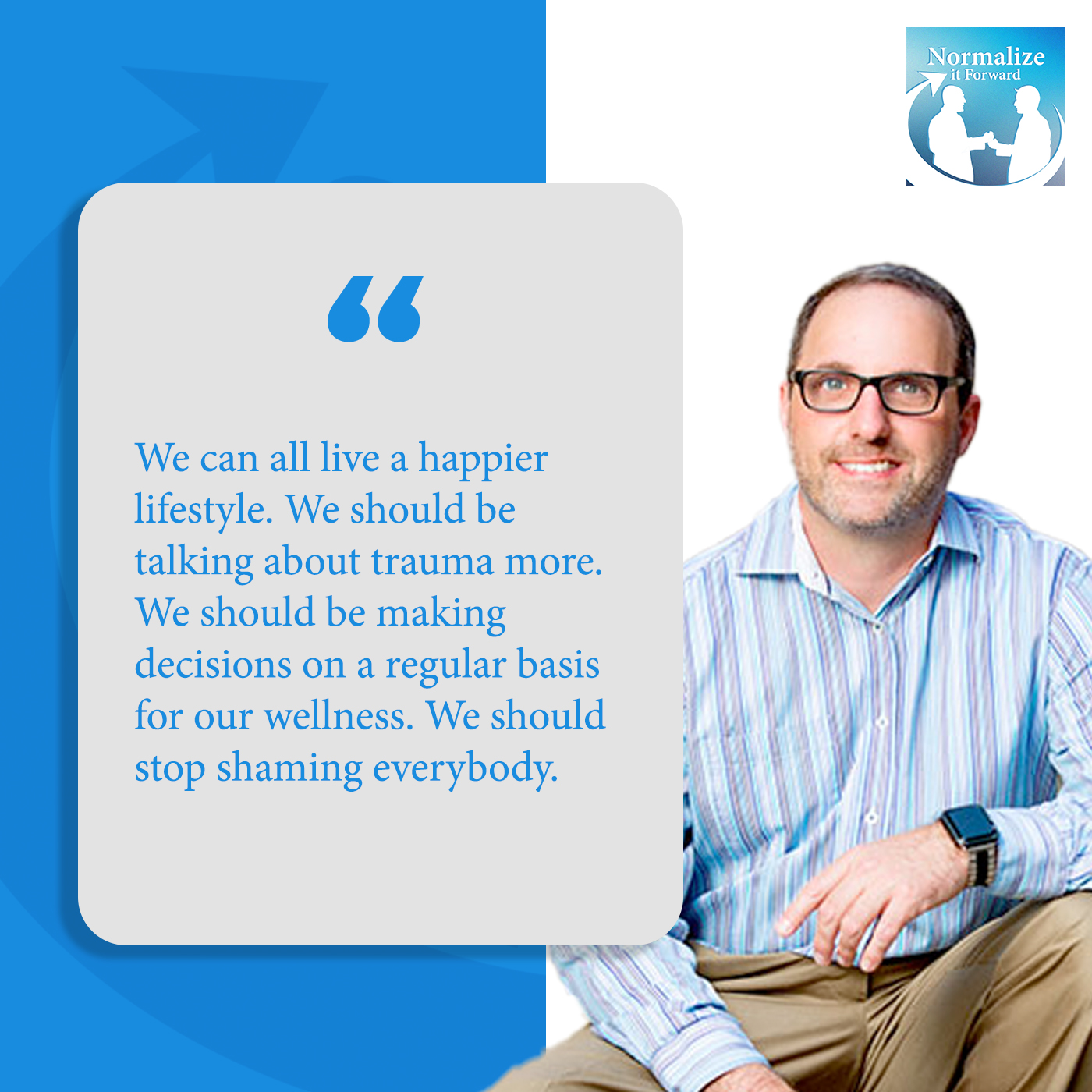
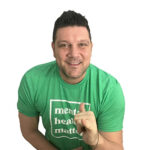 Eric Kussin is a magna cum laude grad of Cornell University and 20+ year professional sports executive, who got his start at the NBA League Office. After five years with the League, he went the team business route and rose the ranks with the expansion Chicago Sky, and then the NBA’s Phoenix Suns.
Eric Kussin is a magna cum laude grad of Cornell University and 20+ year professional sports executive, who got his start at the NBA League Office. After five years with the League, he went the team business route and rose the ranks with the expansion Chicago Sky, and then the NBA’s Phoenix Suns.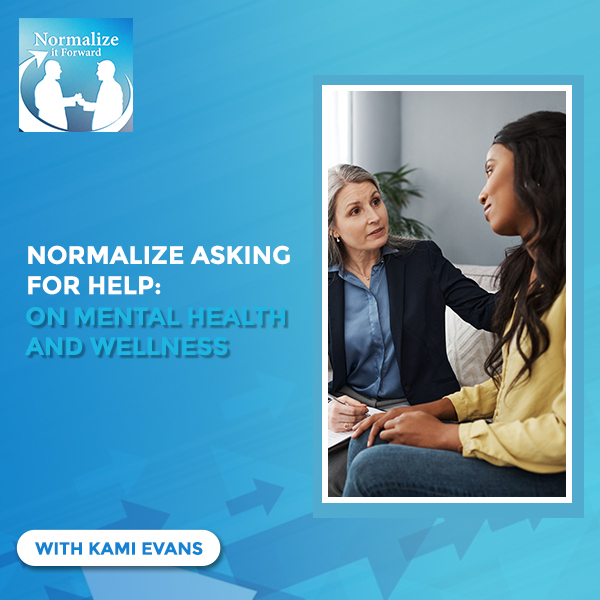
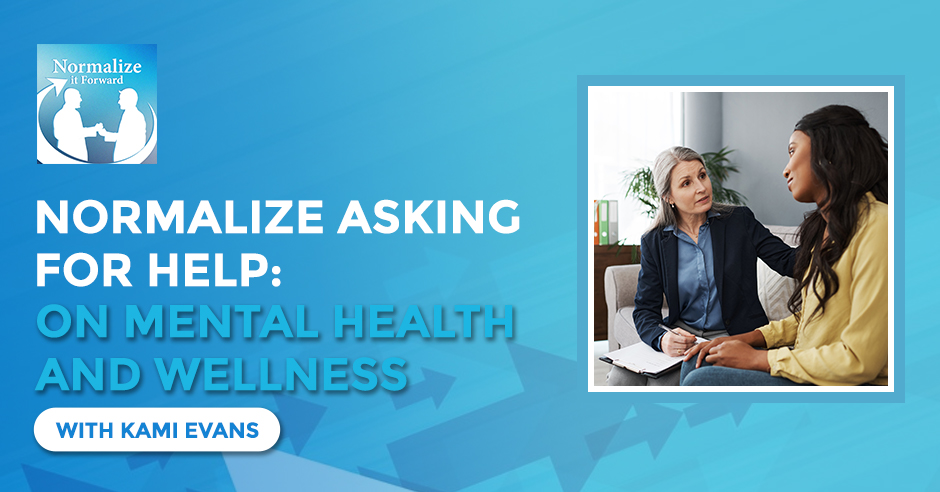
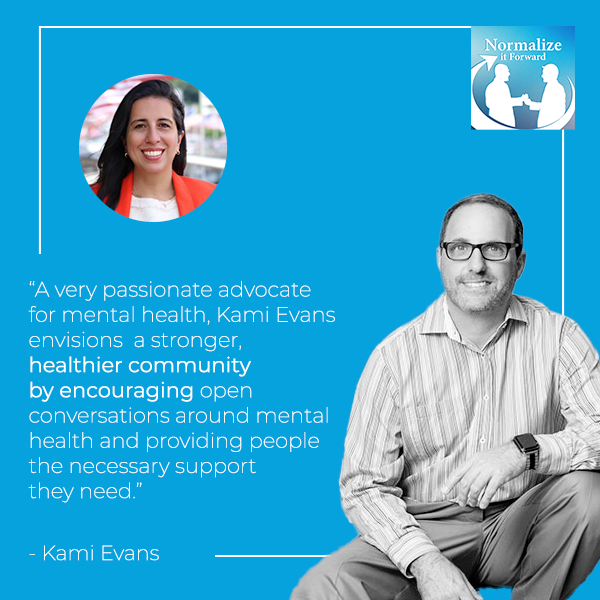
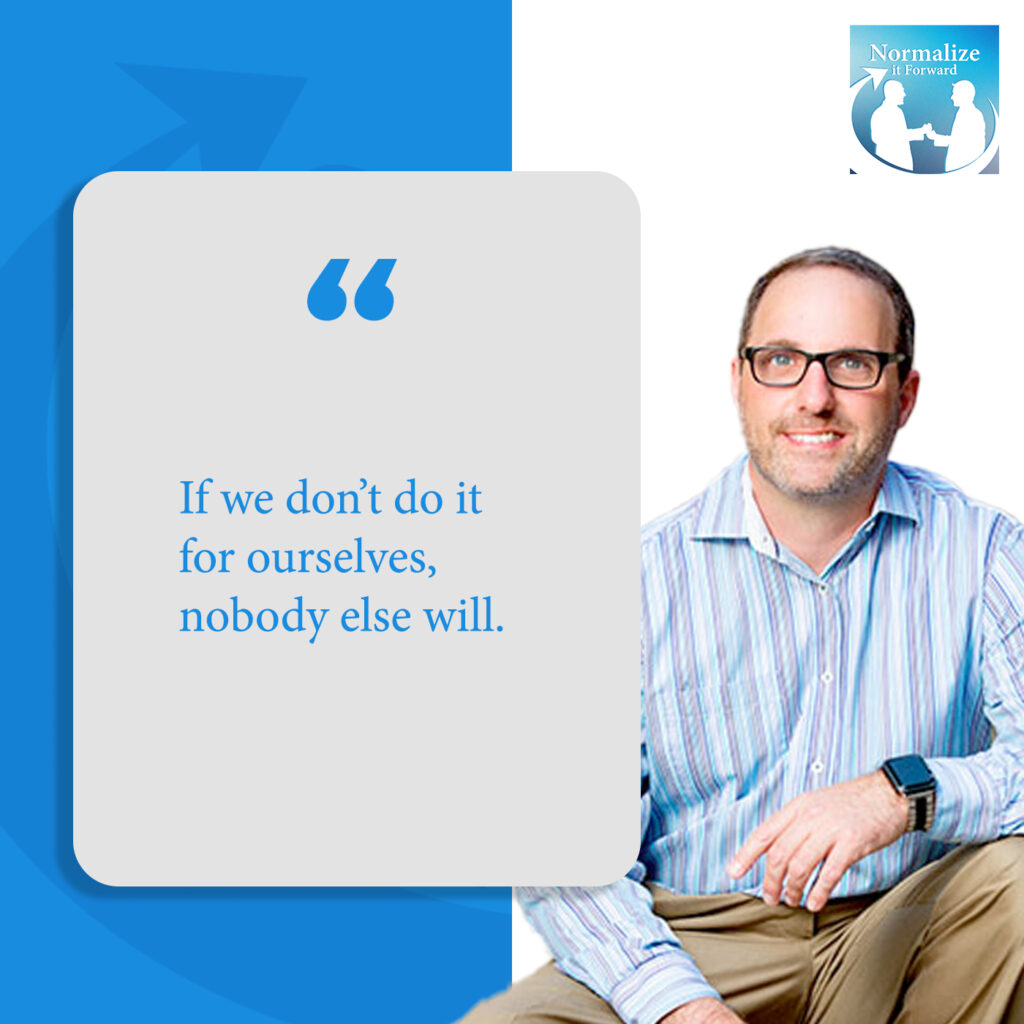
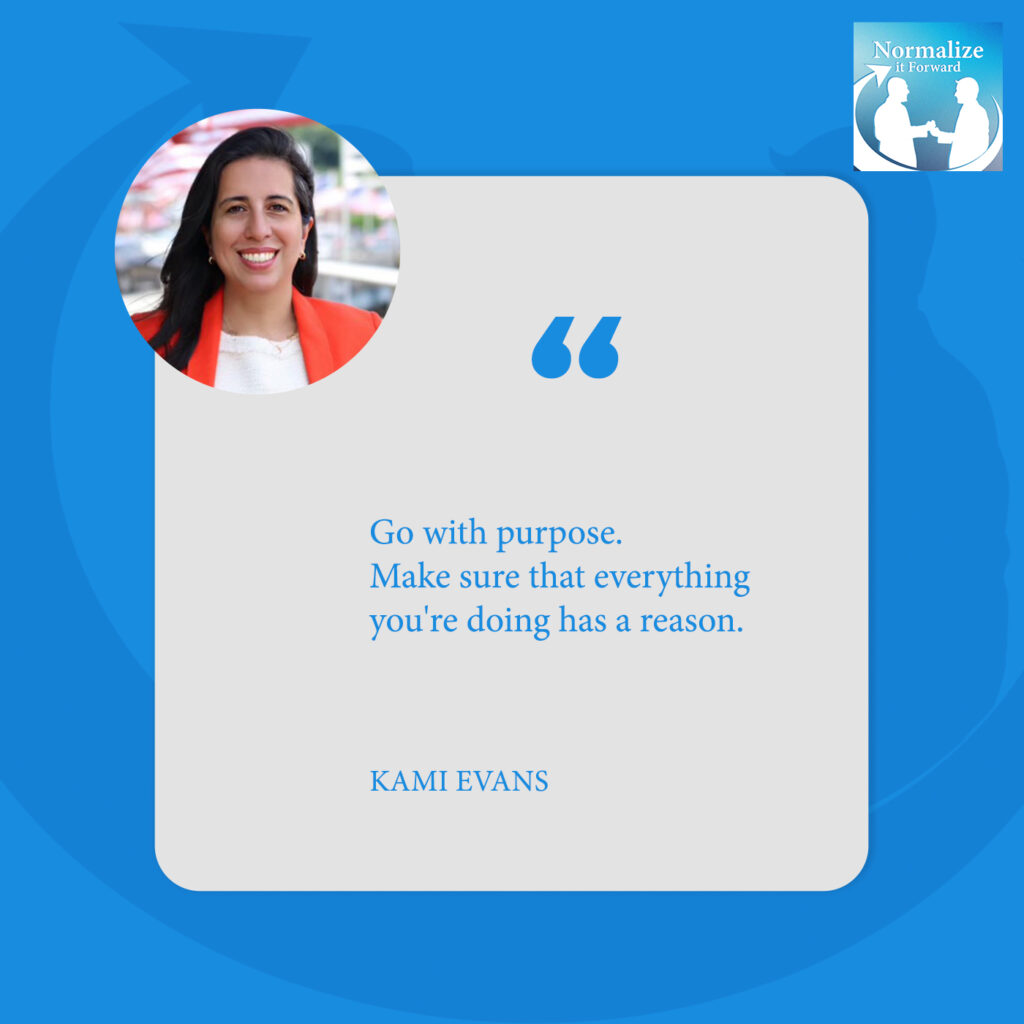
 Kami Evans is a community leader and the Republican candidate for State Senate in District 26.
Kami Evans is a community leader and the Republican candidate for State Senate in District 26.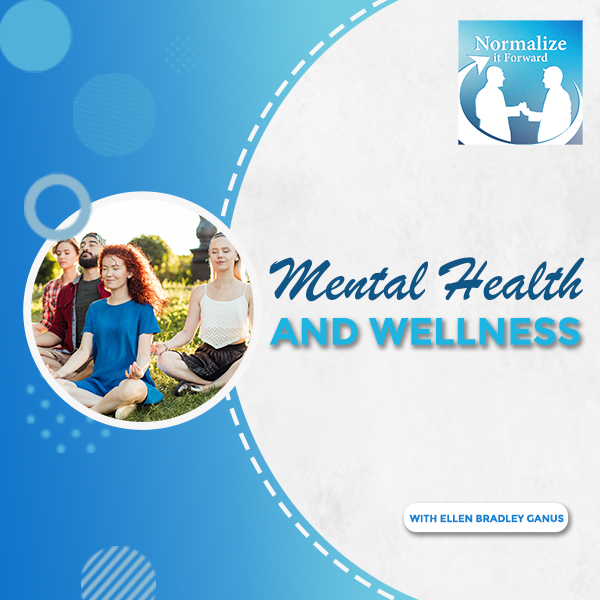
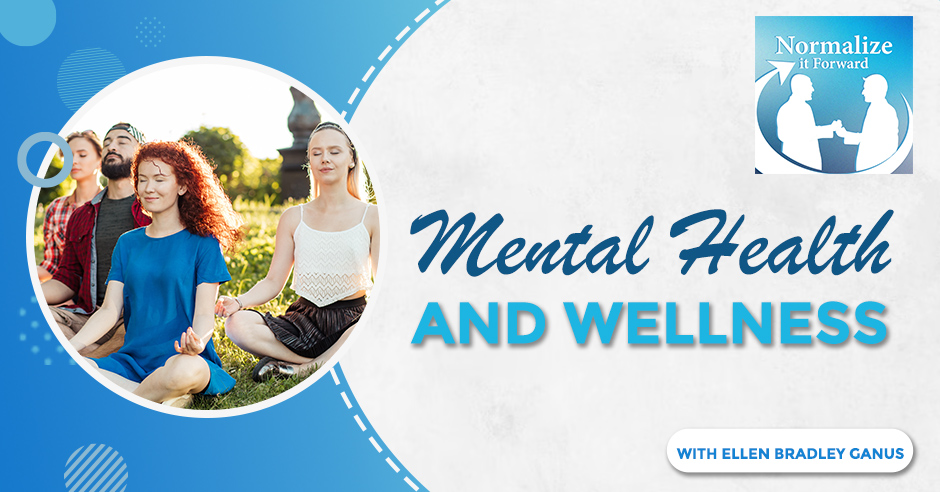
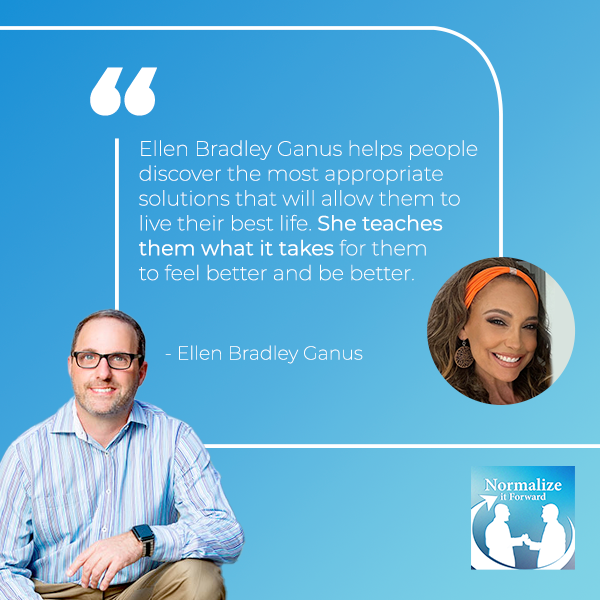
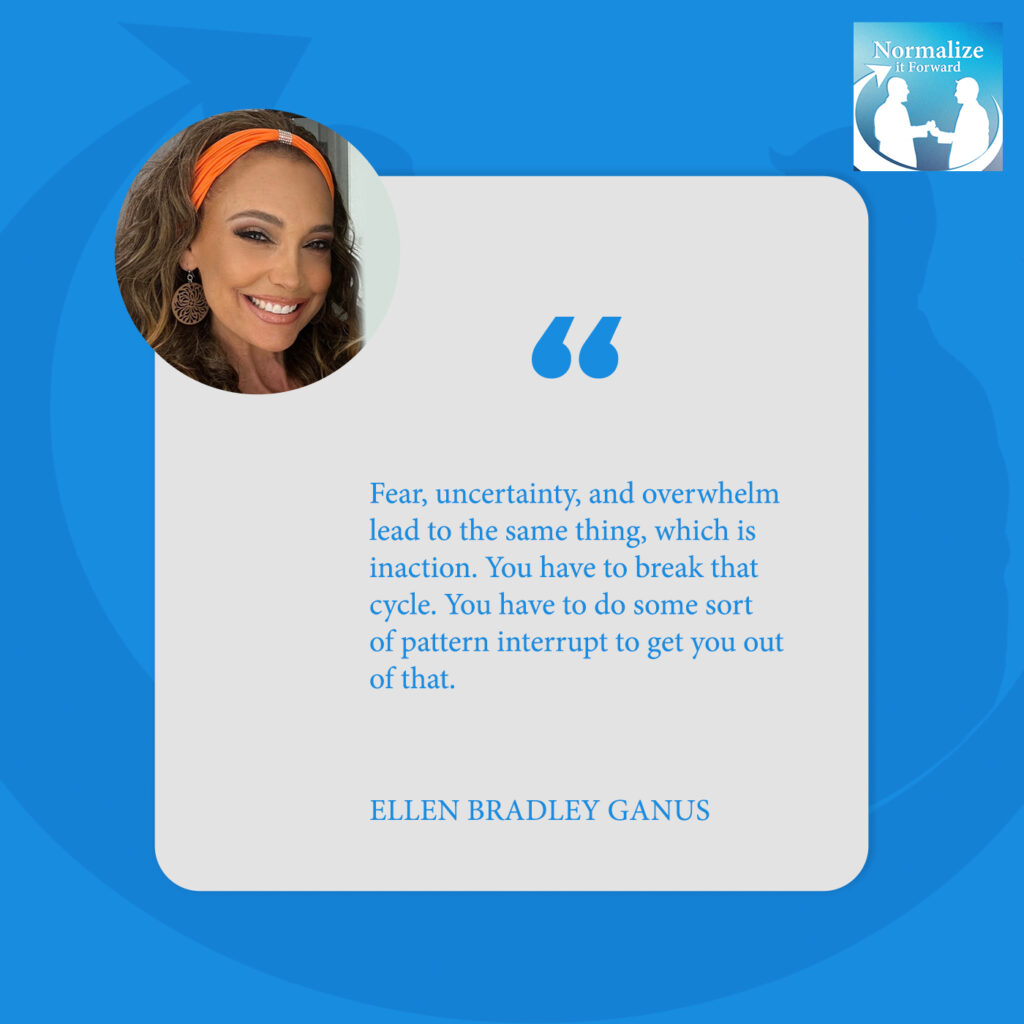
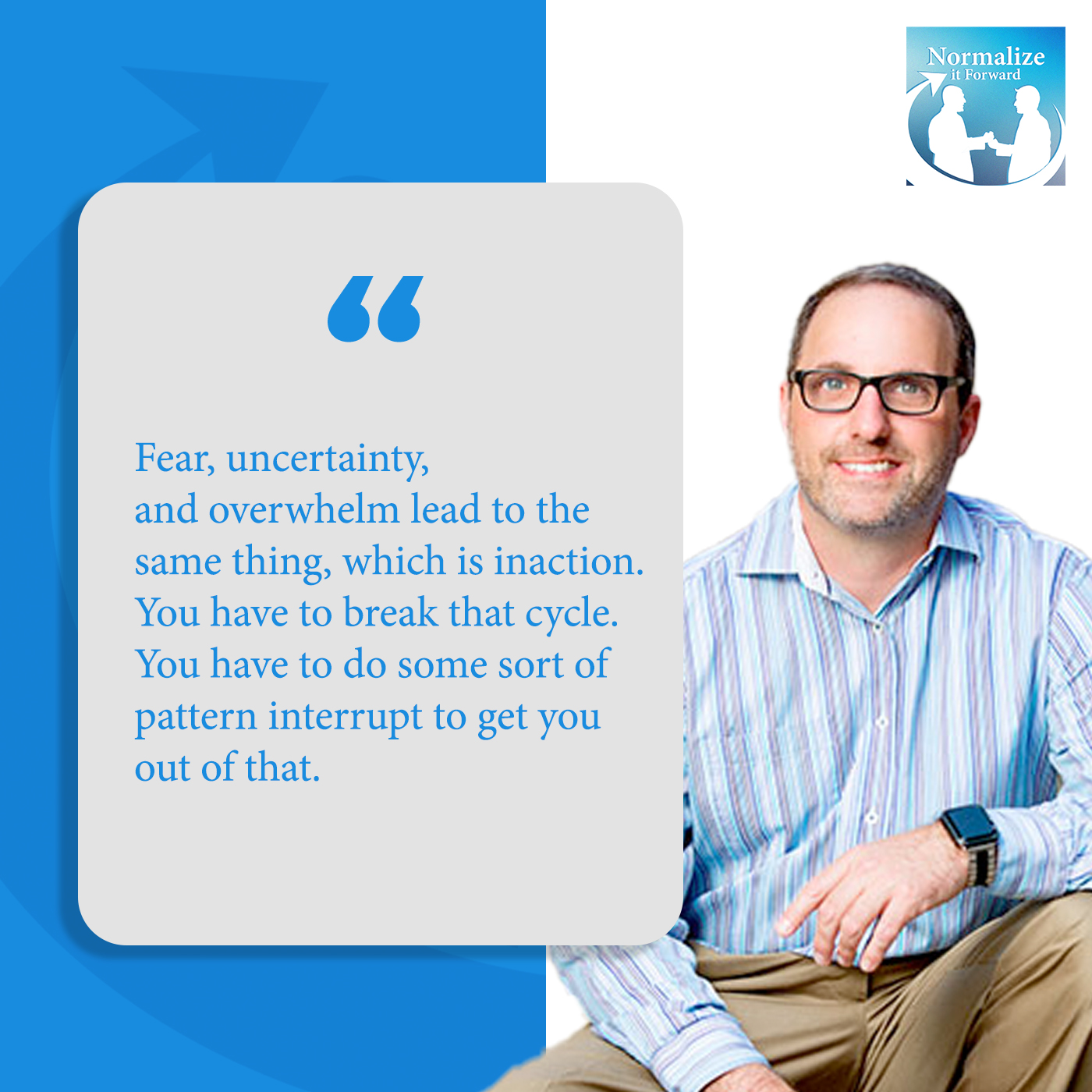
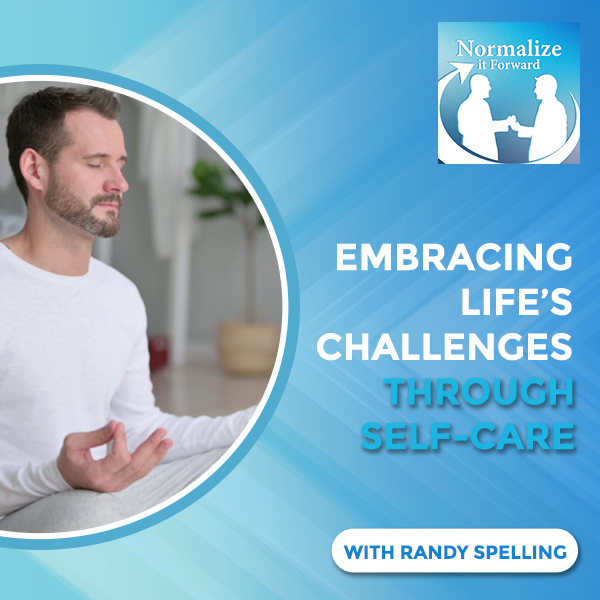
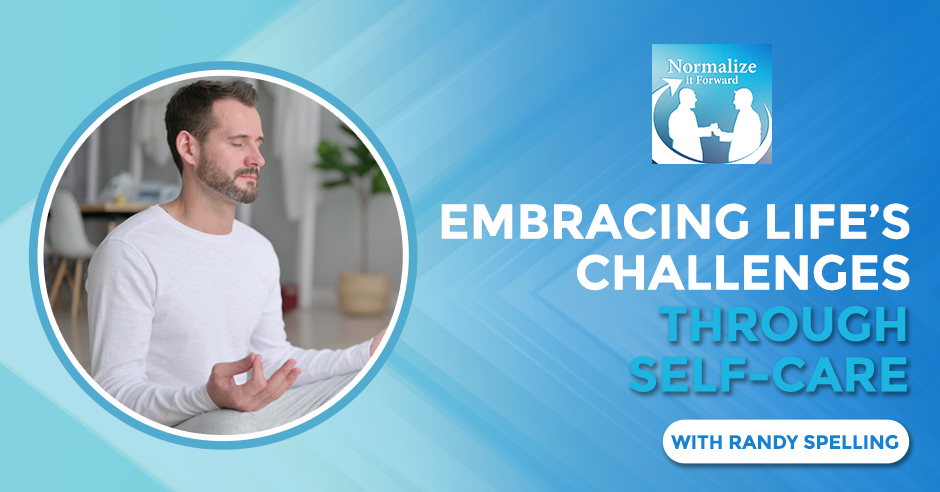
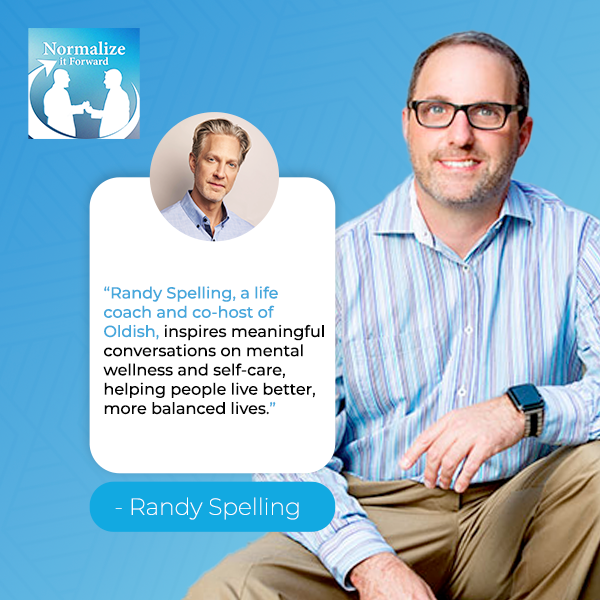
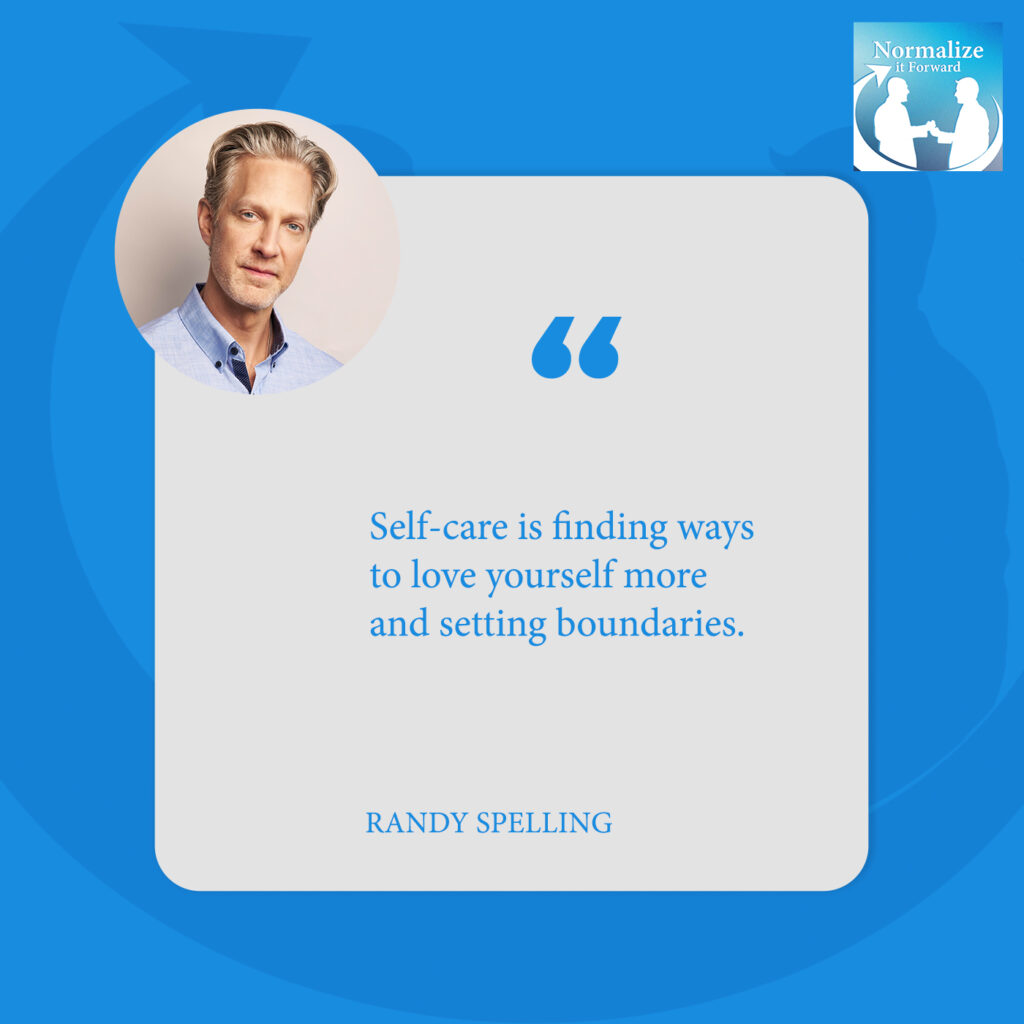
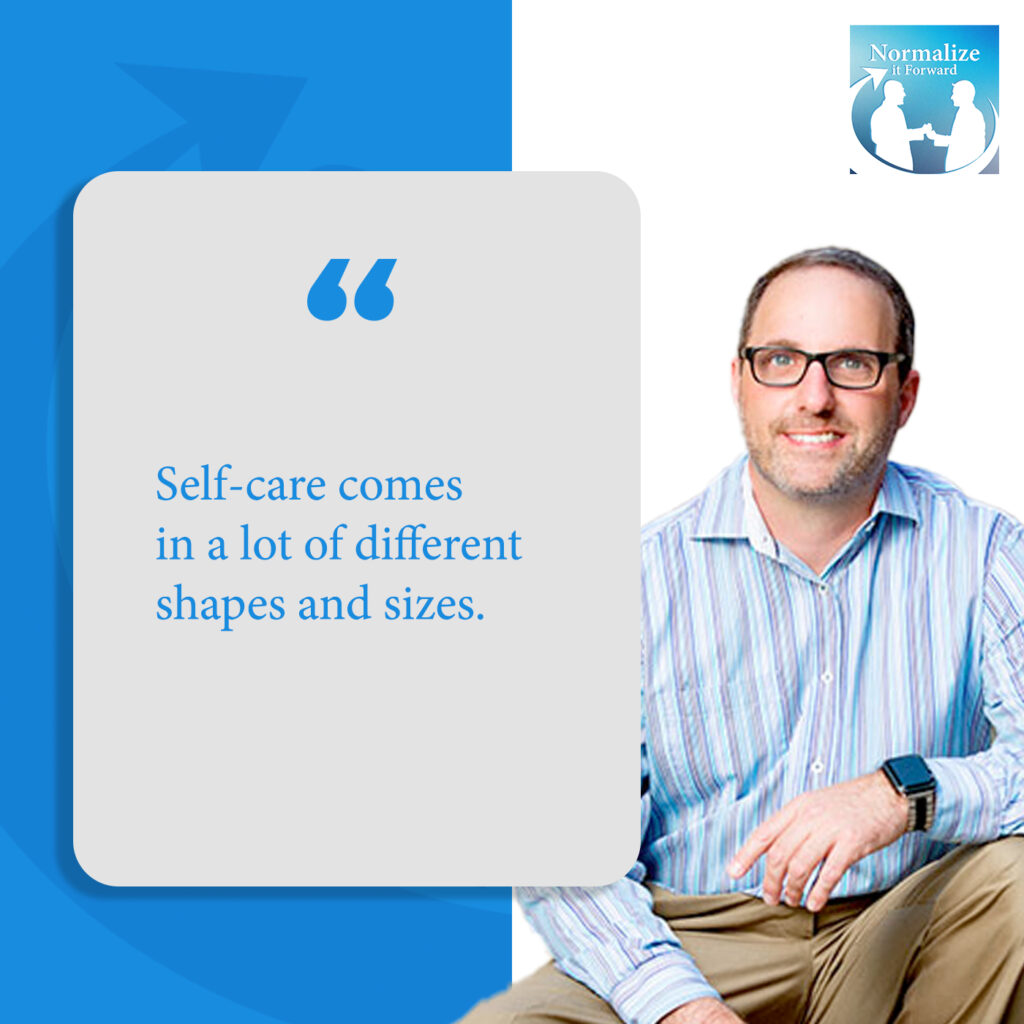
 Randy Spelling is an American life coach, author, and former actor, best known for his work in helping individuals find purpose, fulfillment, and balance in their lives. As the son of legendary television producer Aaron Spelling, Randy grew up in the entertainment industry but later shifted his focus to personal development and wellness.
Randy Spelling is an American life coach, author, and former actor, best known for his work in helping individuals find purpose, fulfillment, and balance in their lives. As the son of legendary television producer Aaron Spelling, Randy grew up in the entertainment industry but later shifted his focus to personal development and wellness.